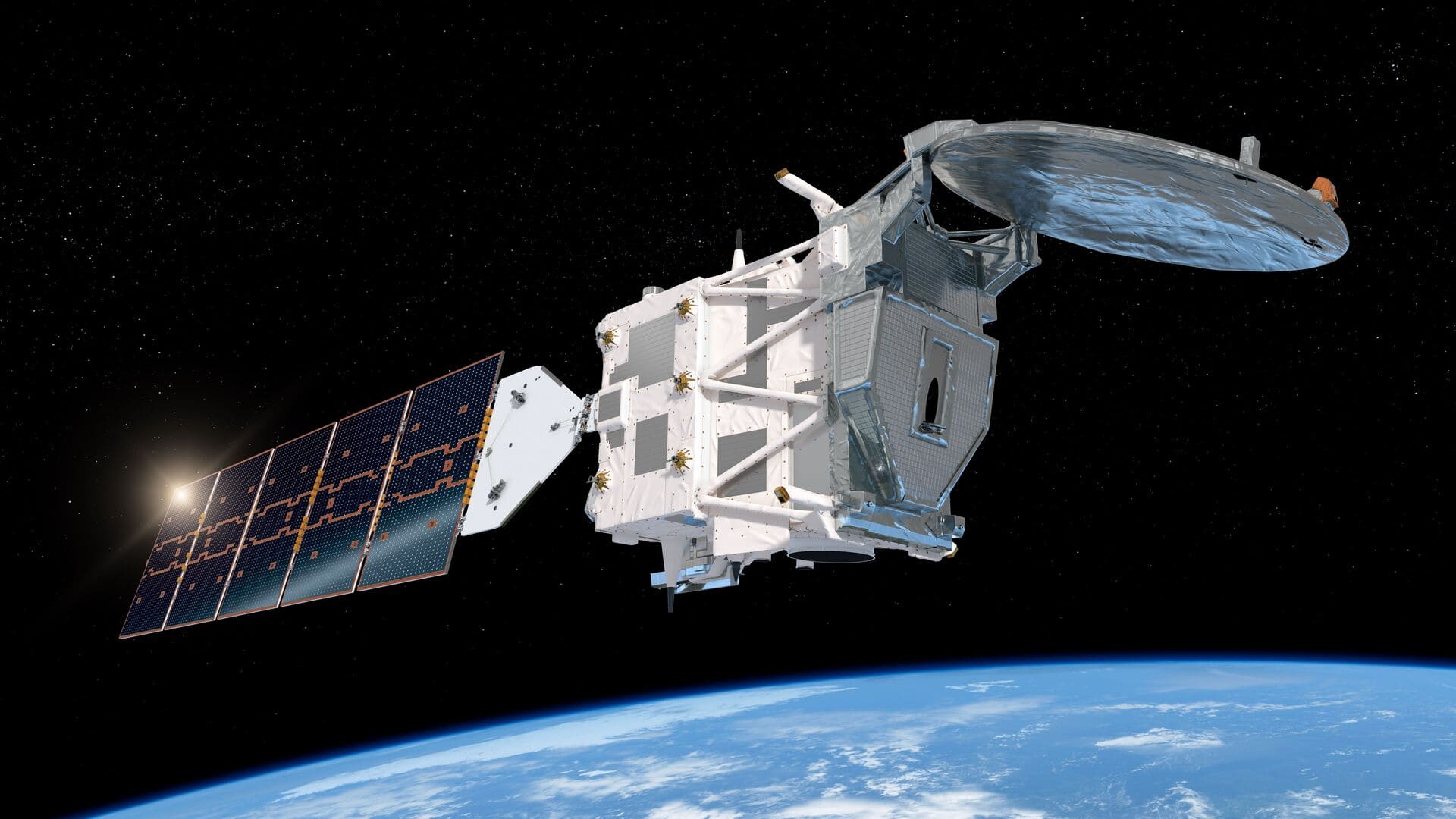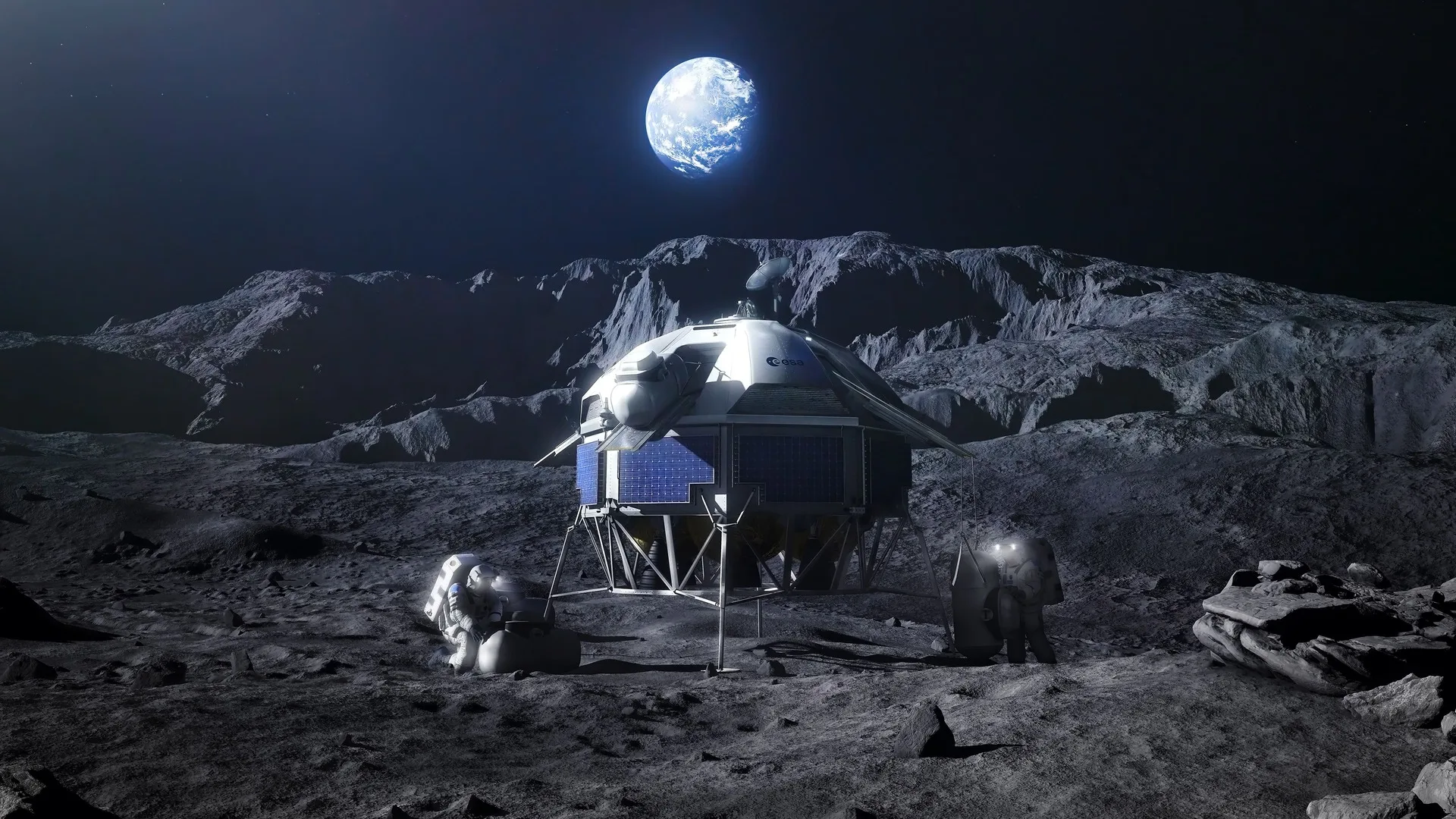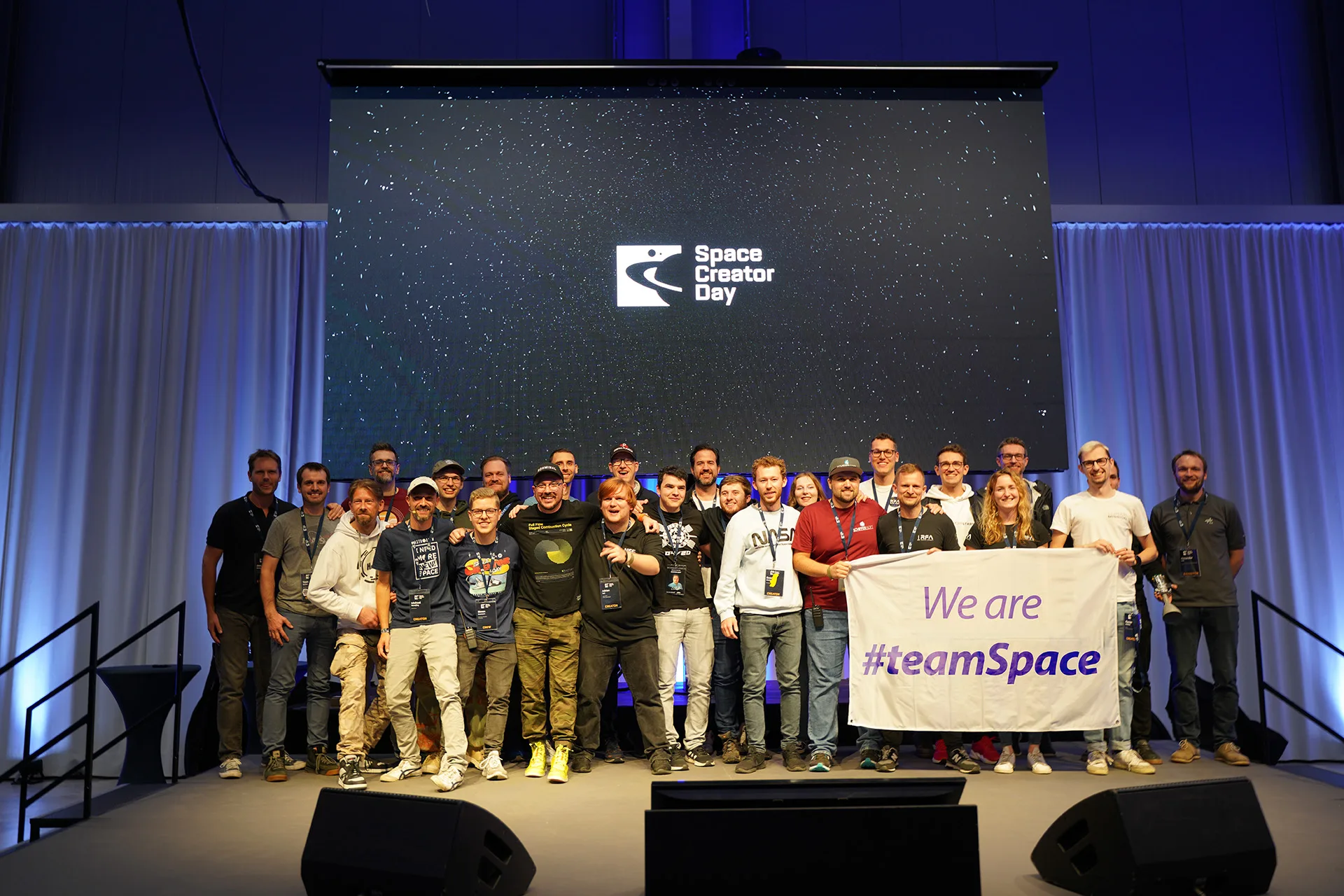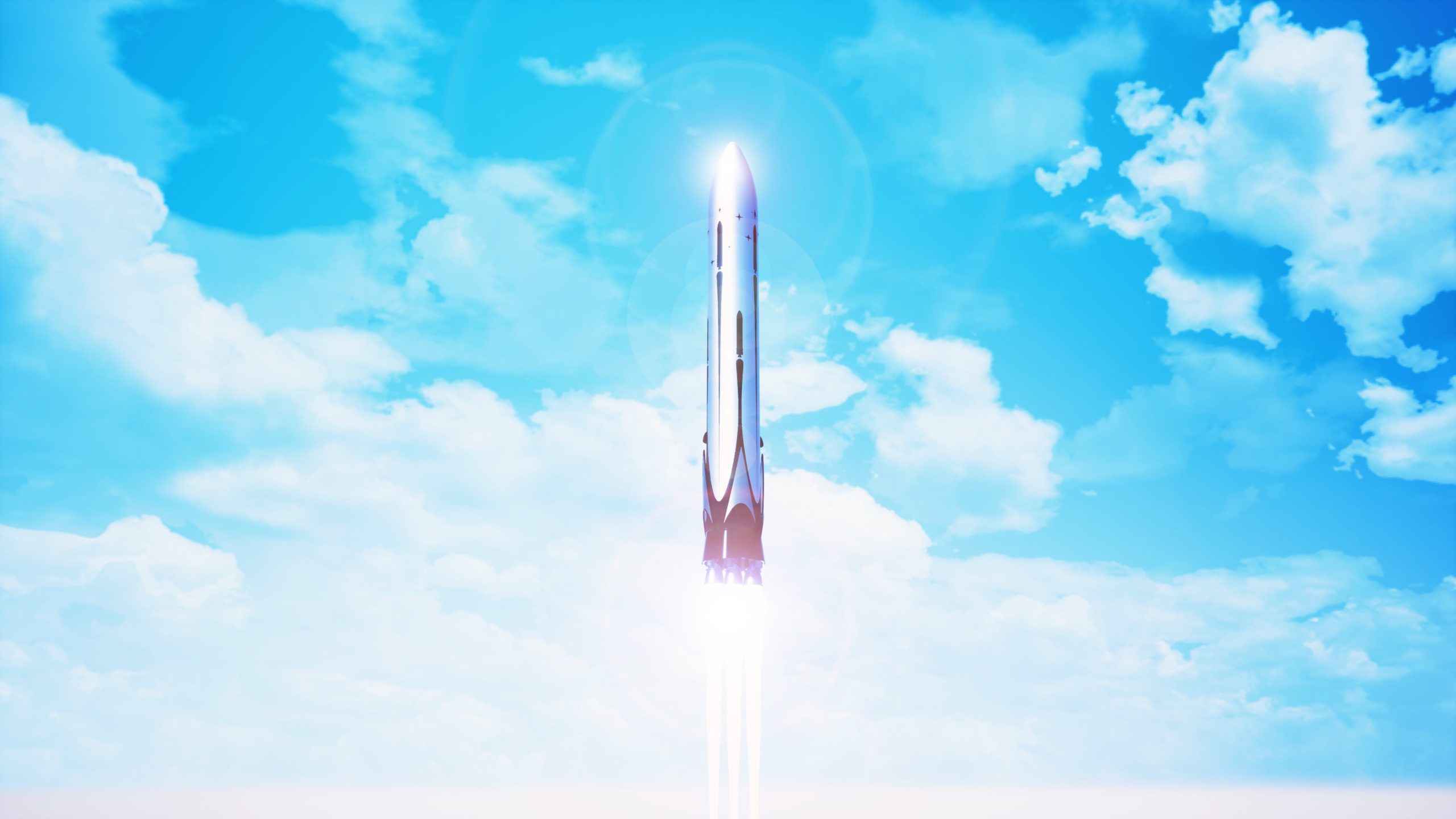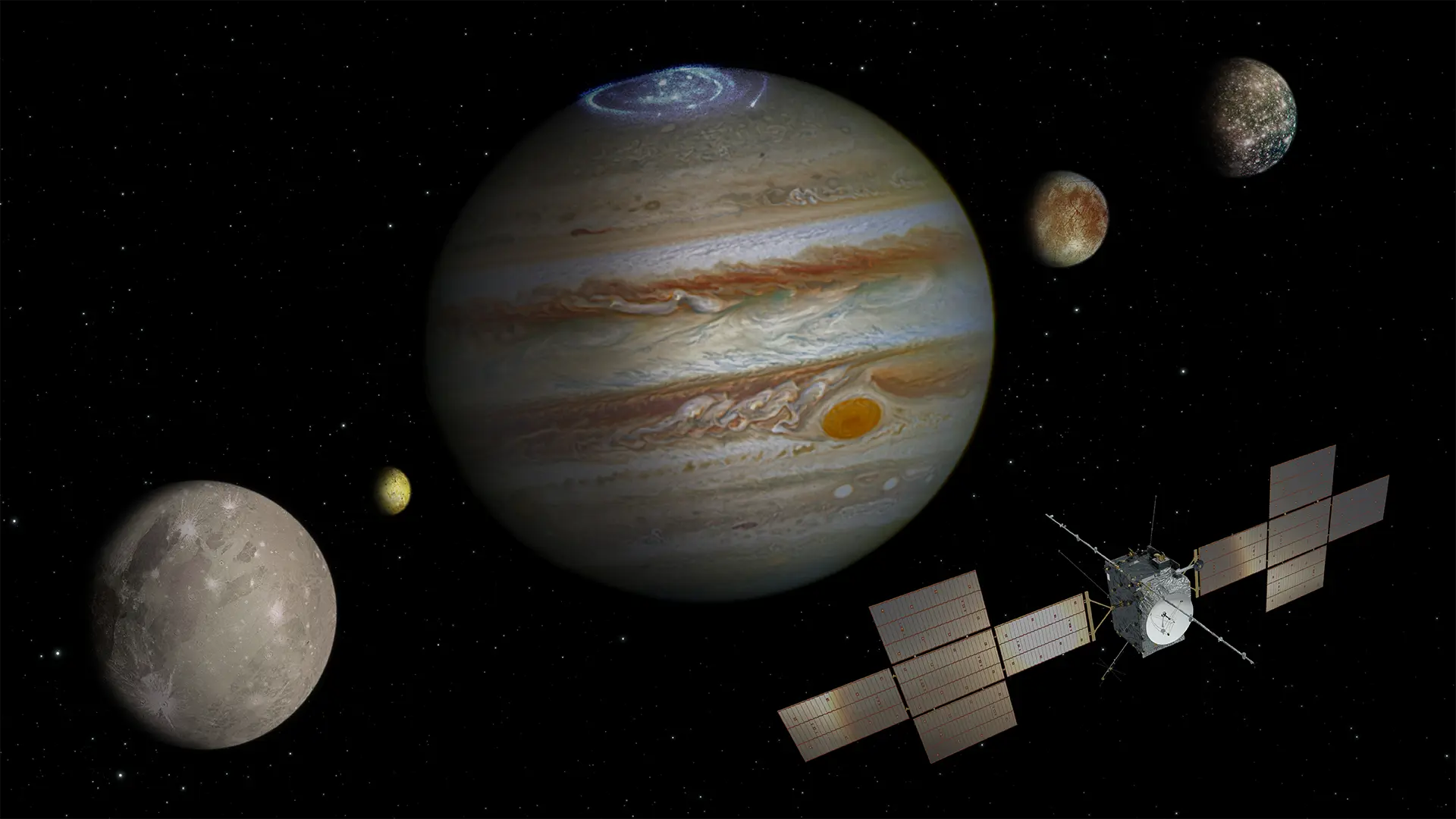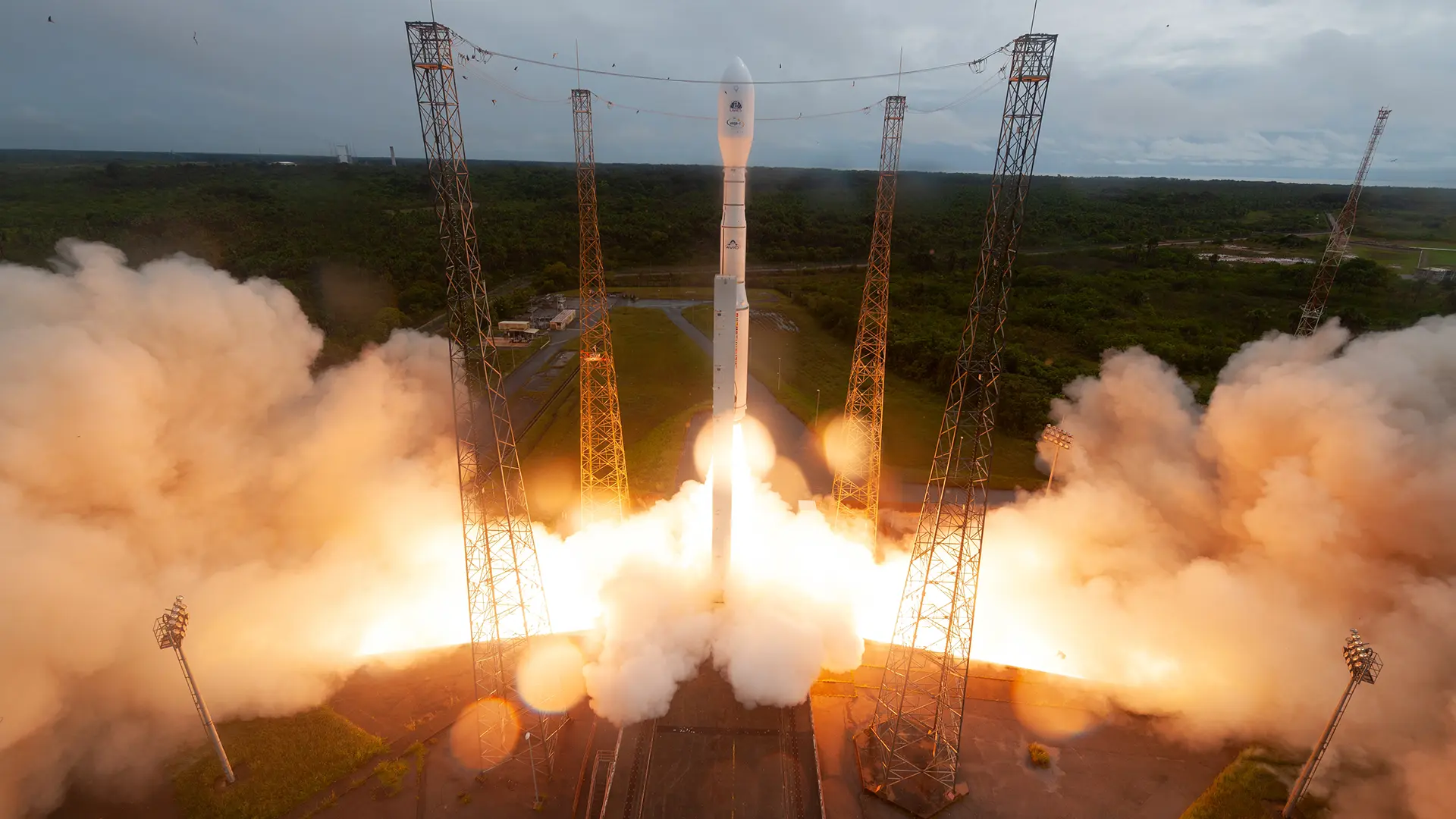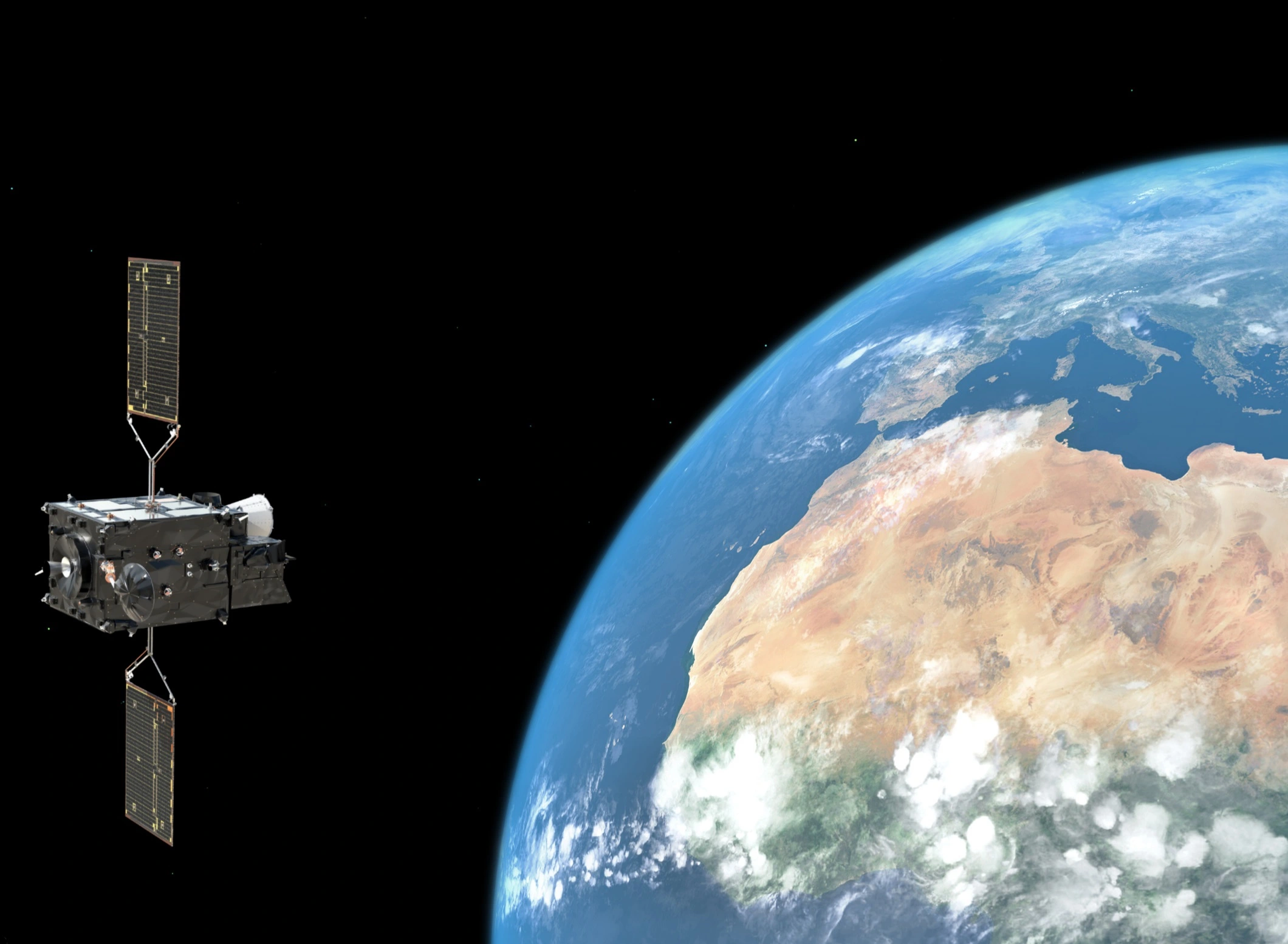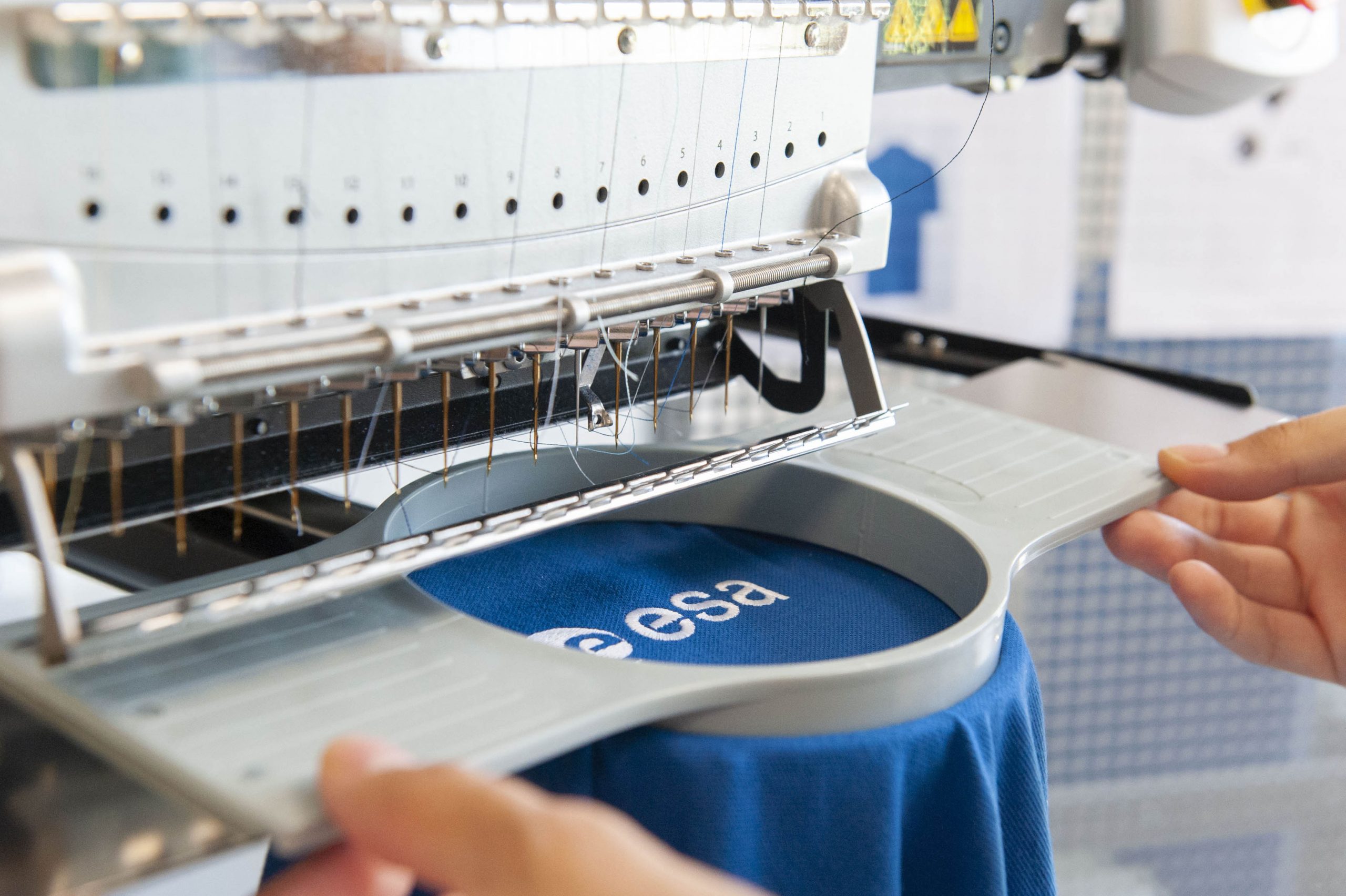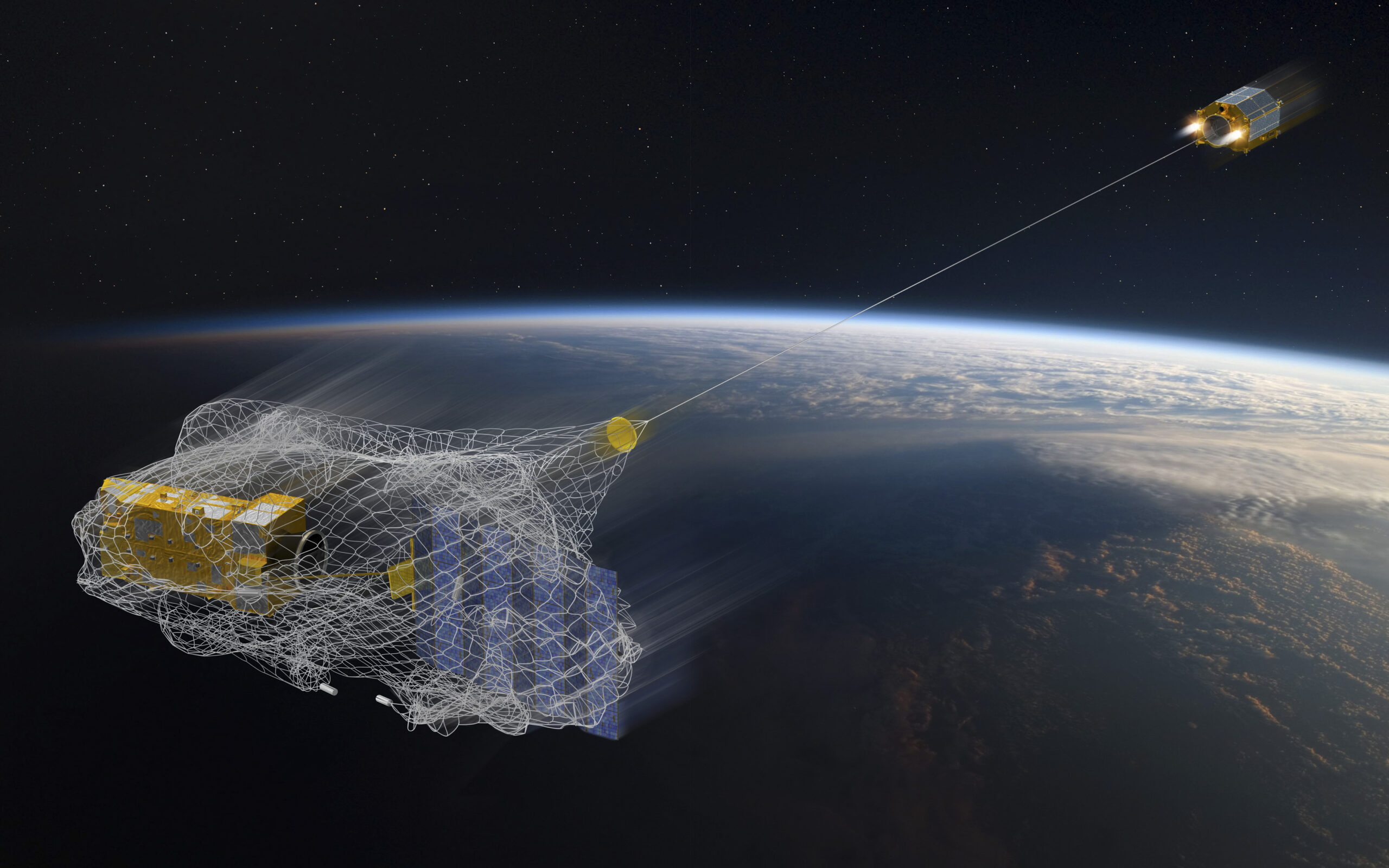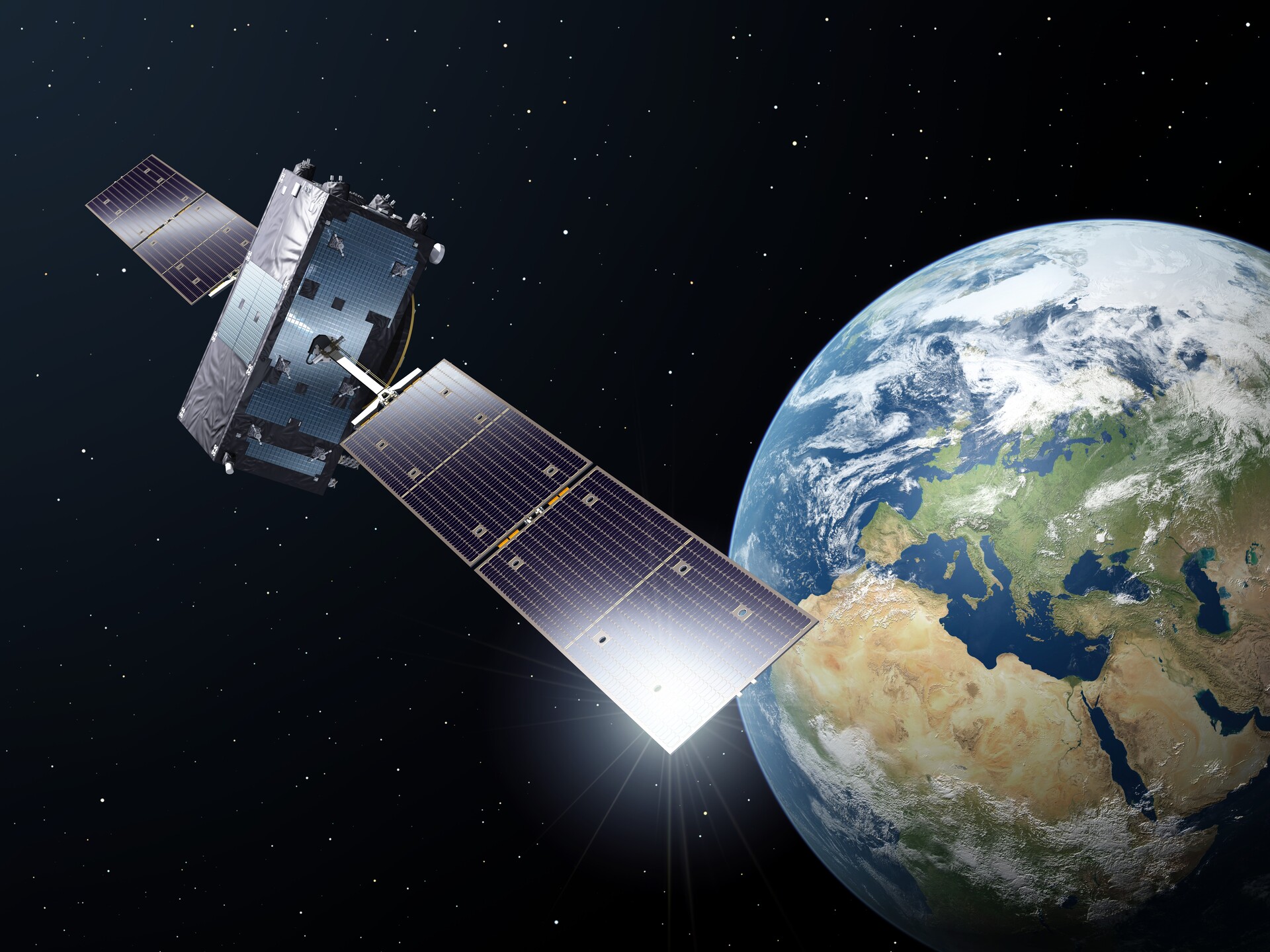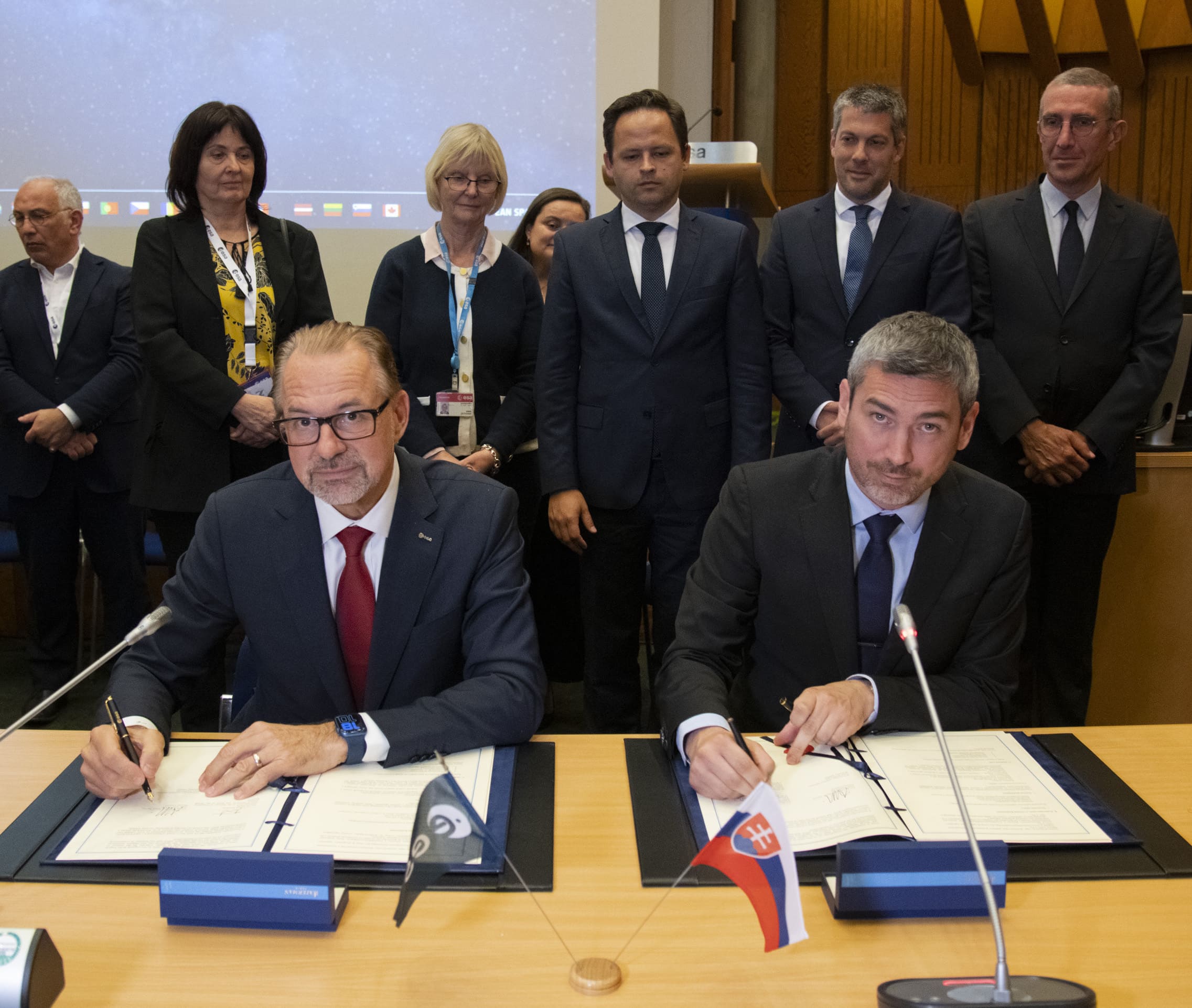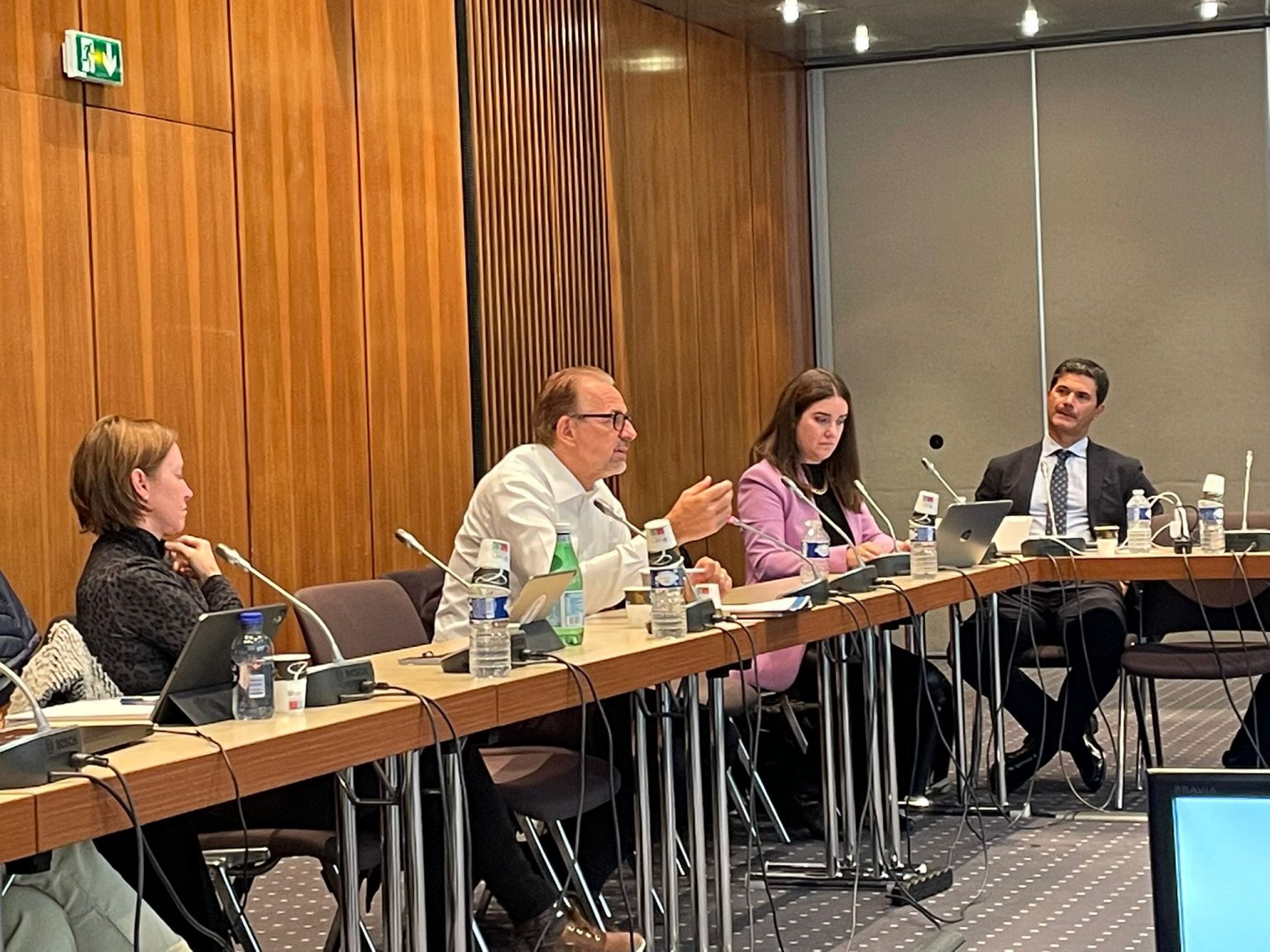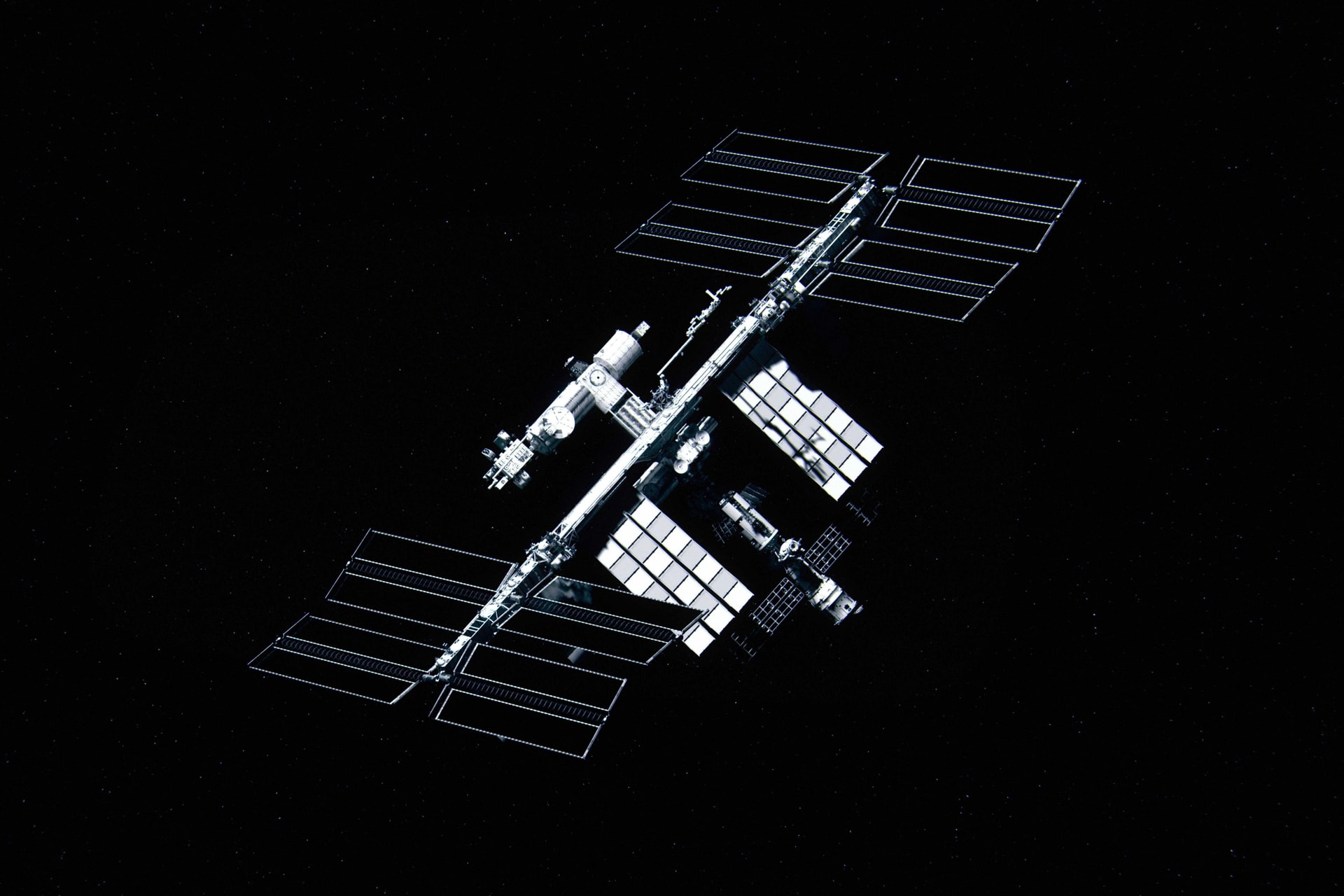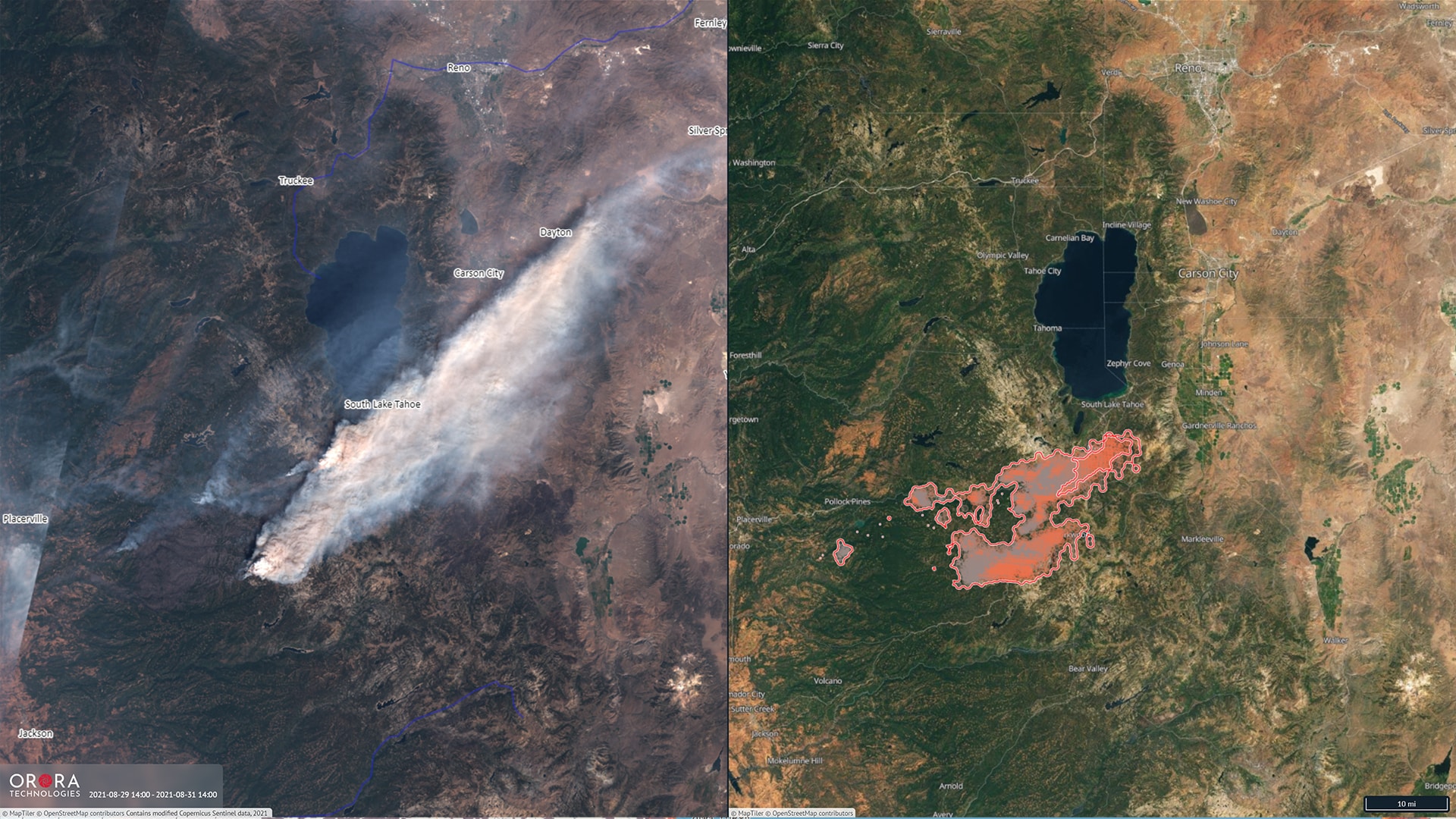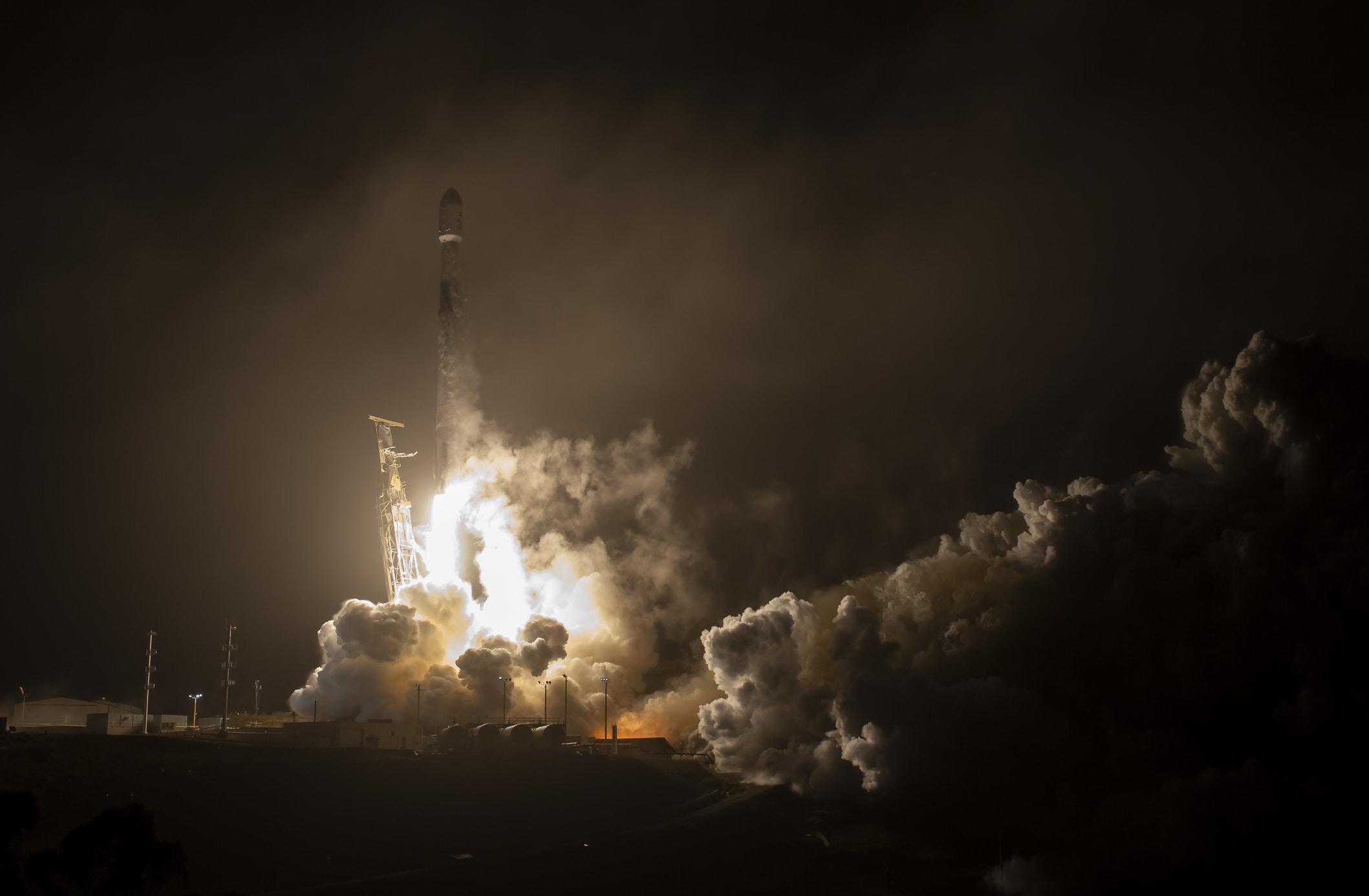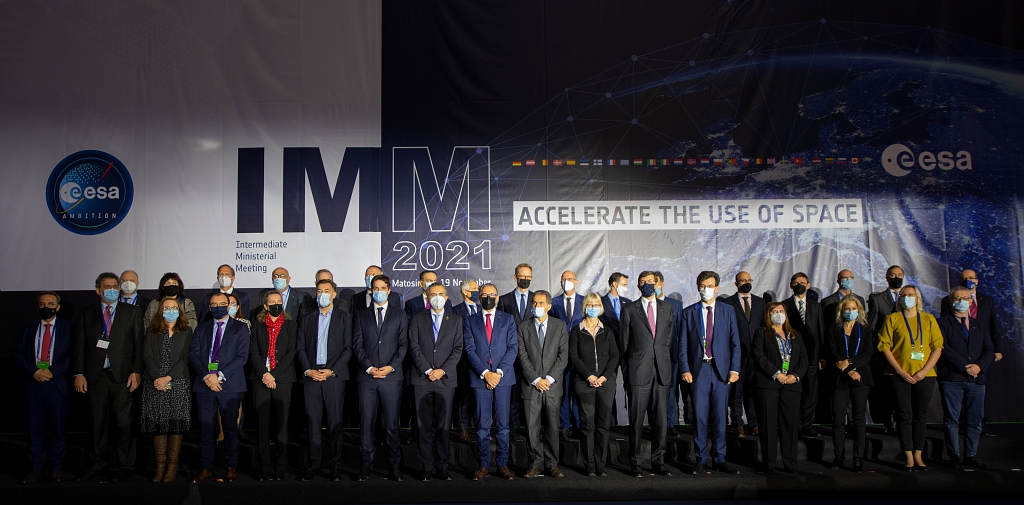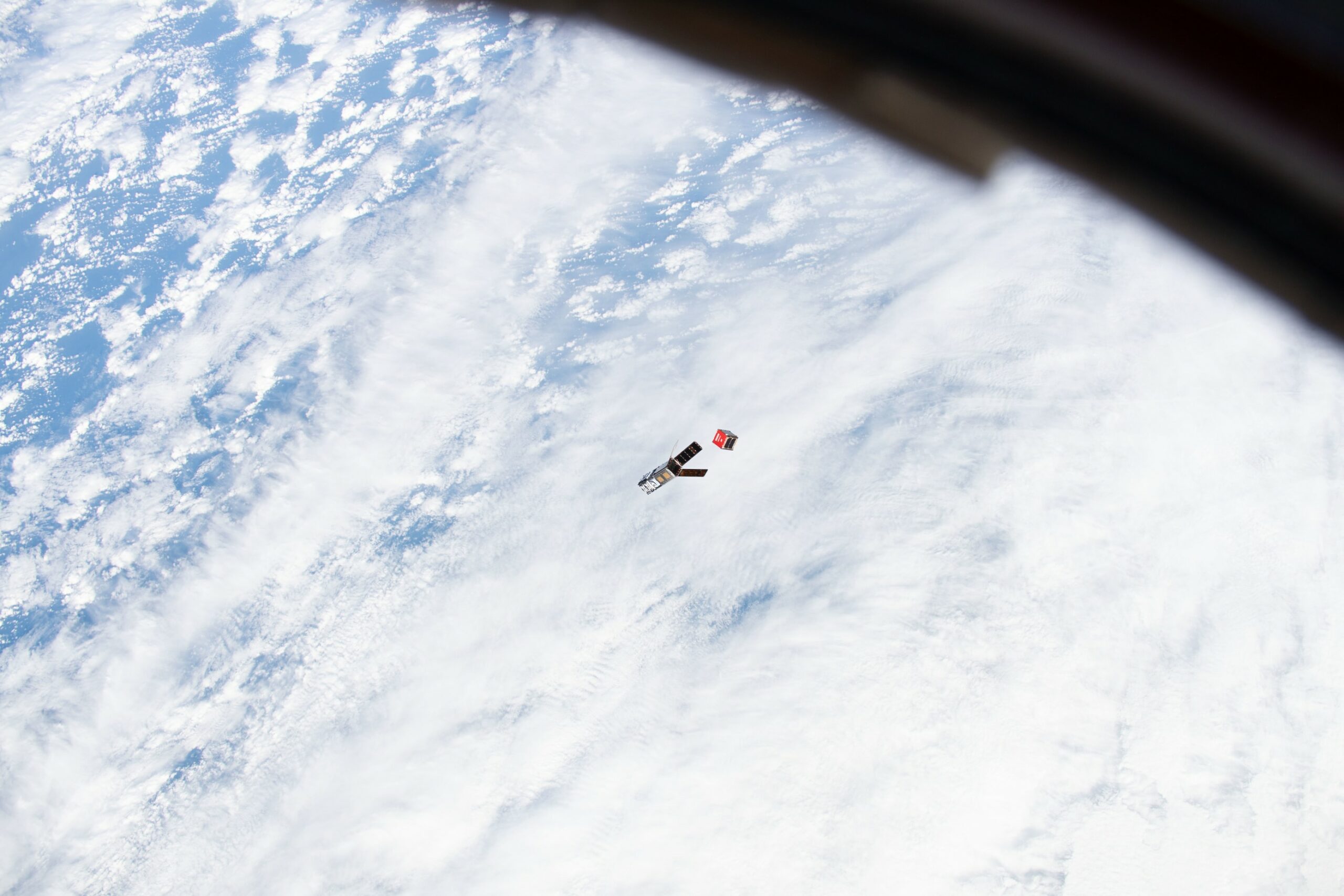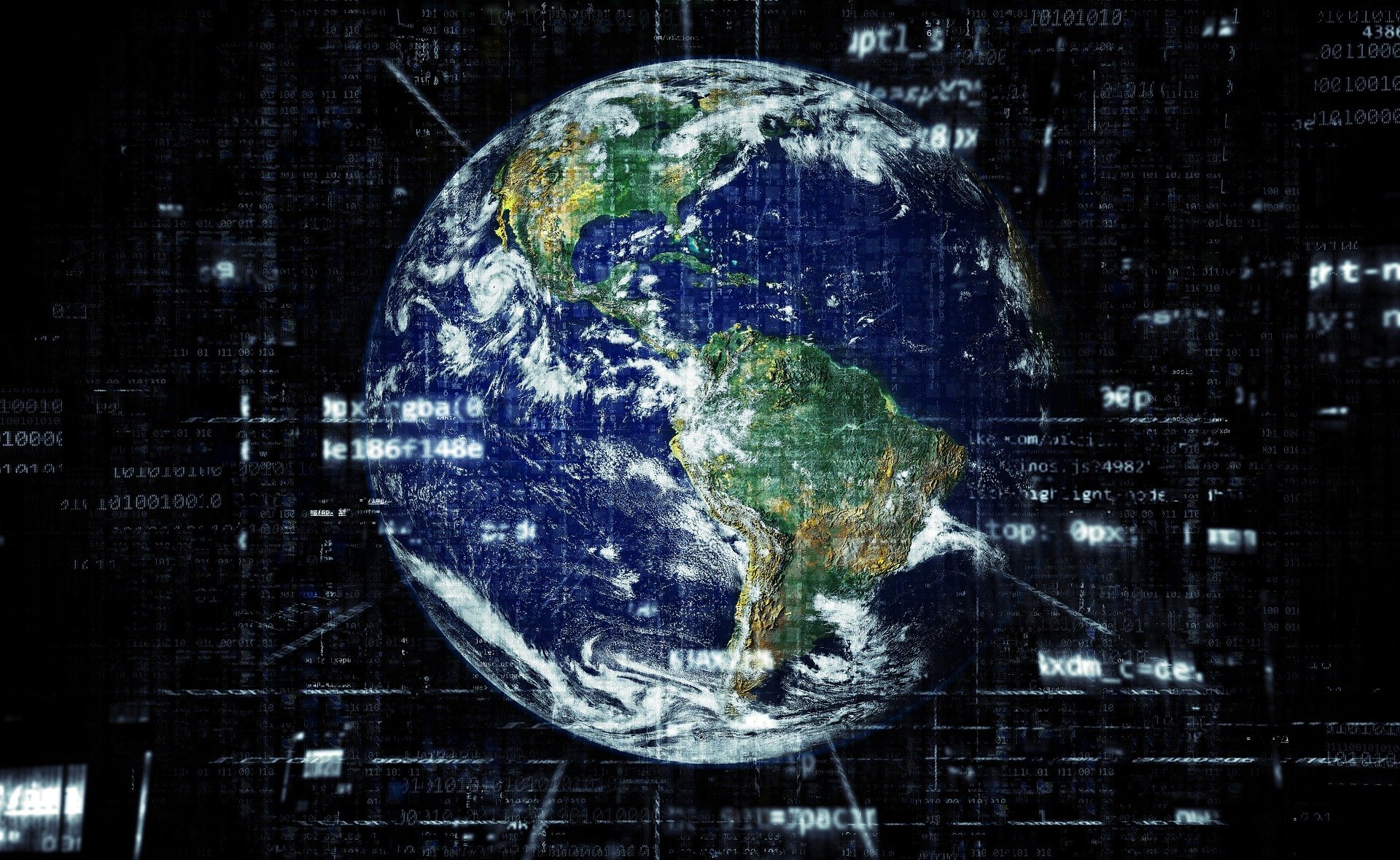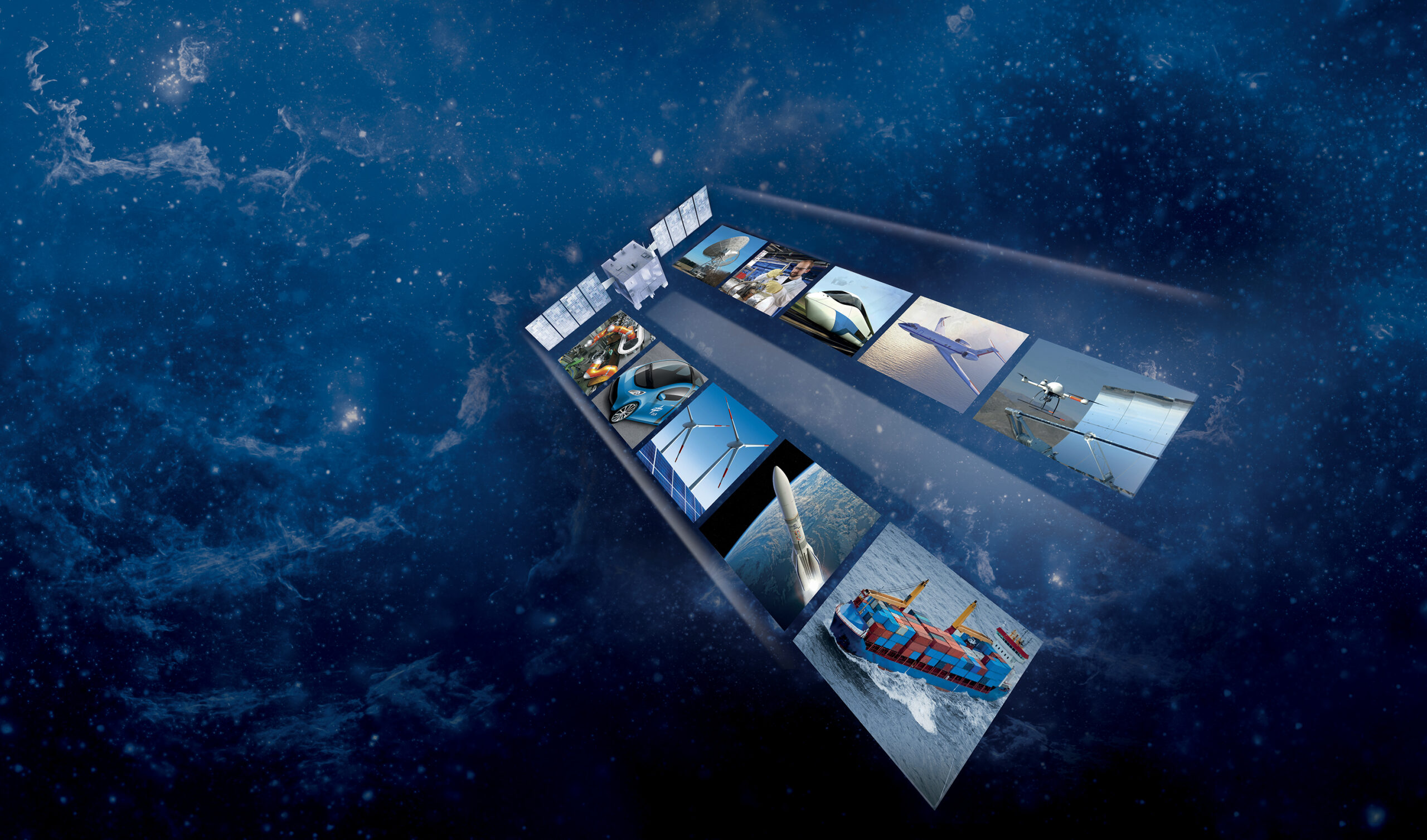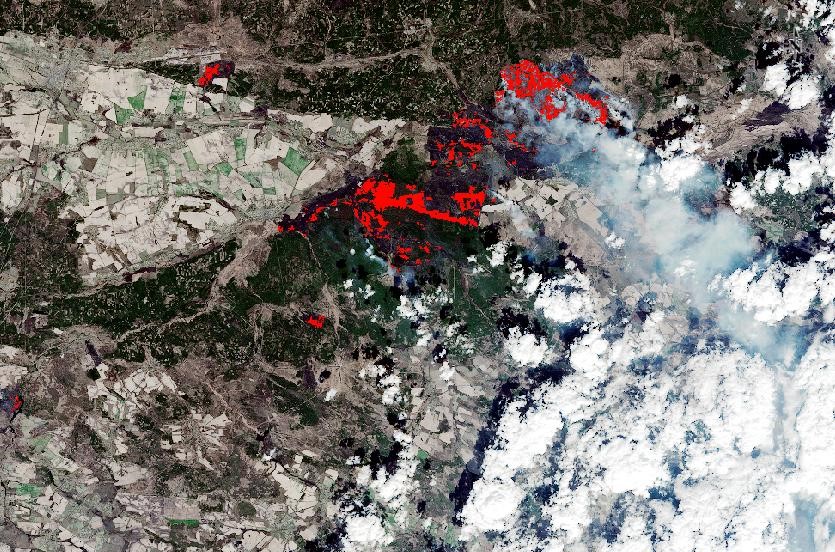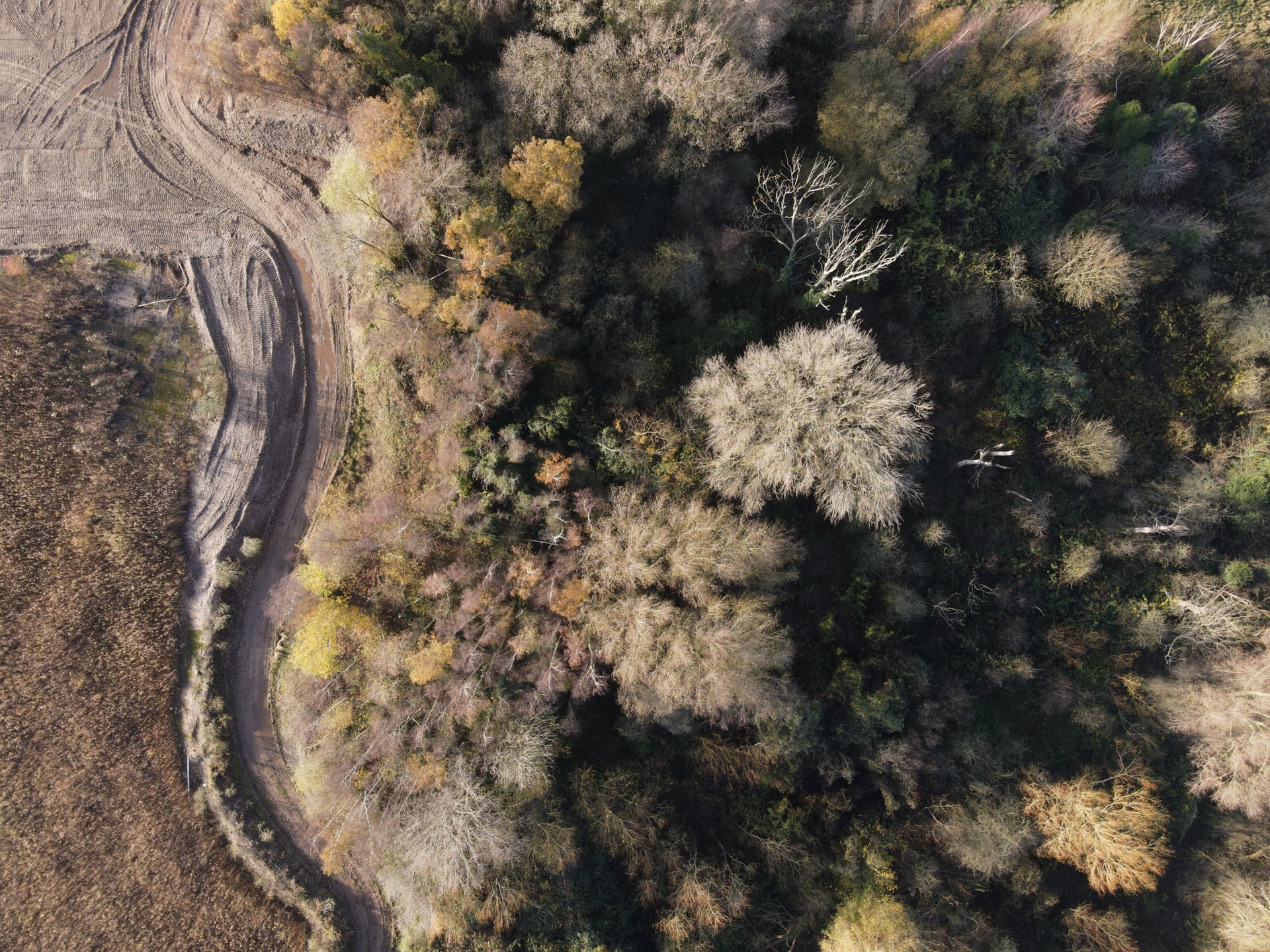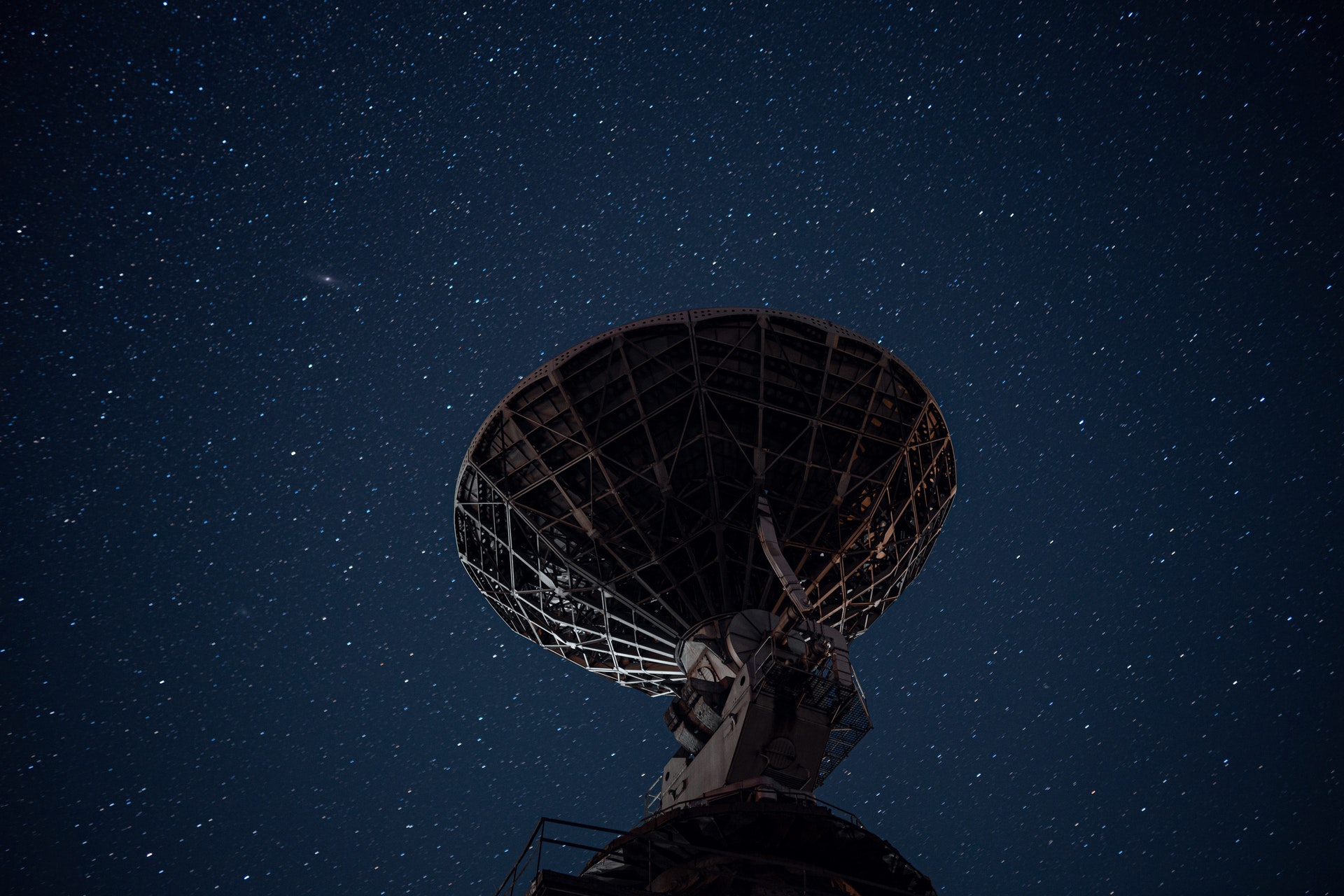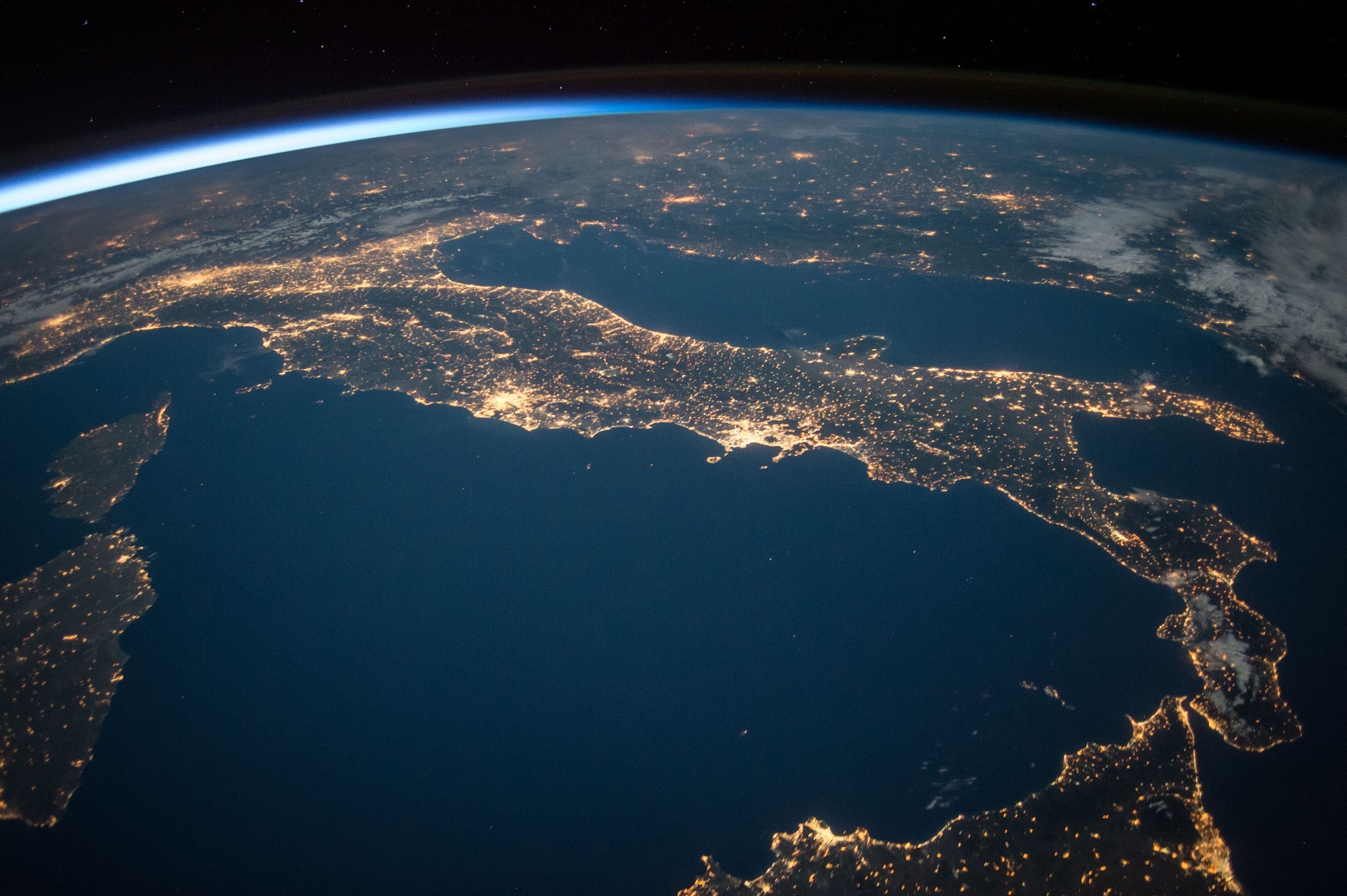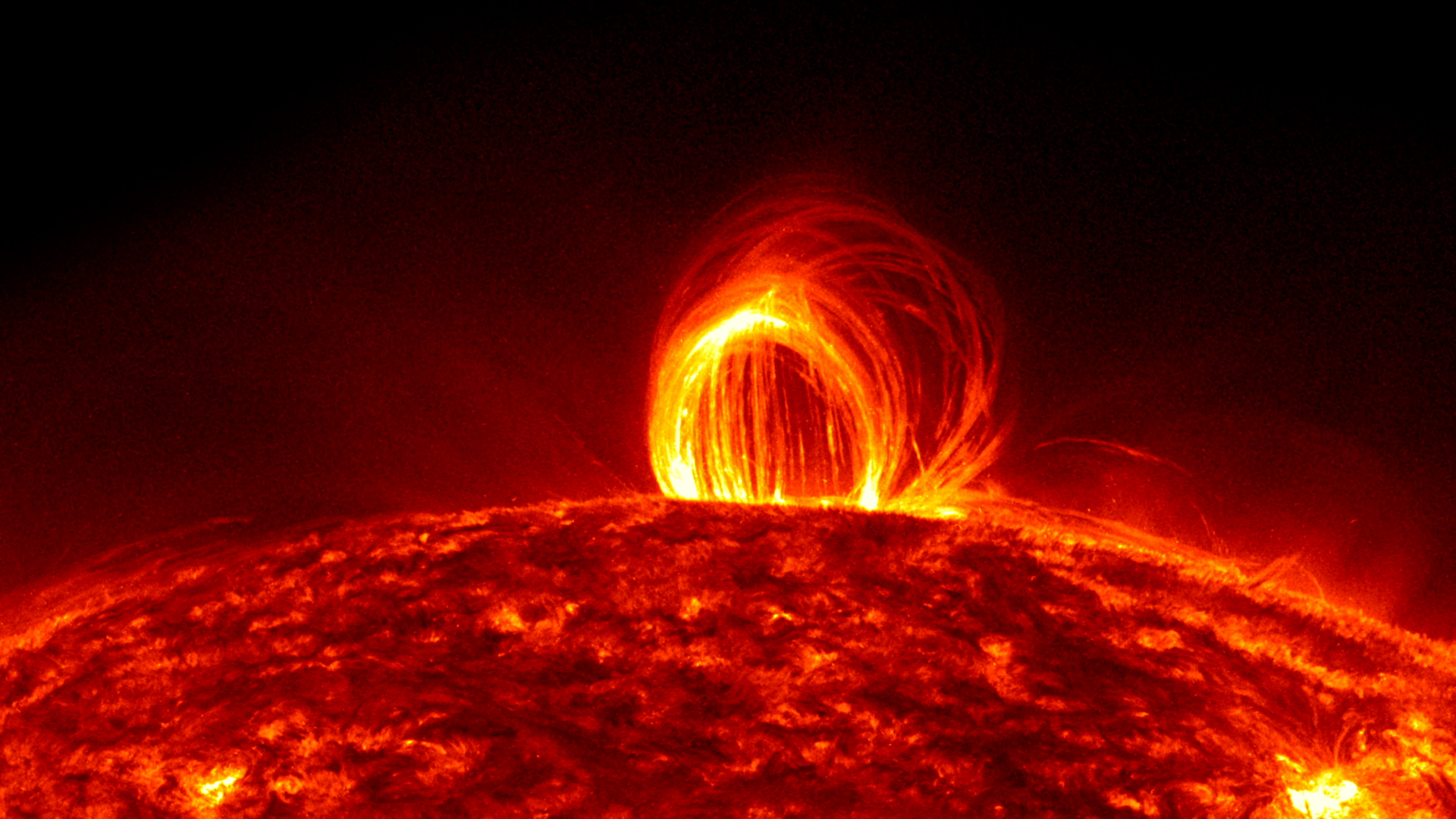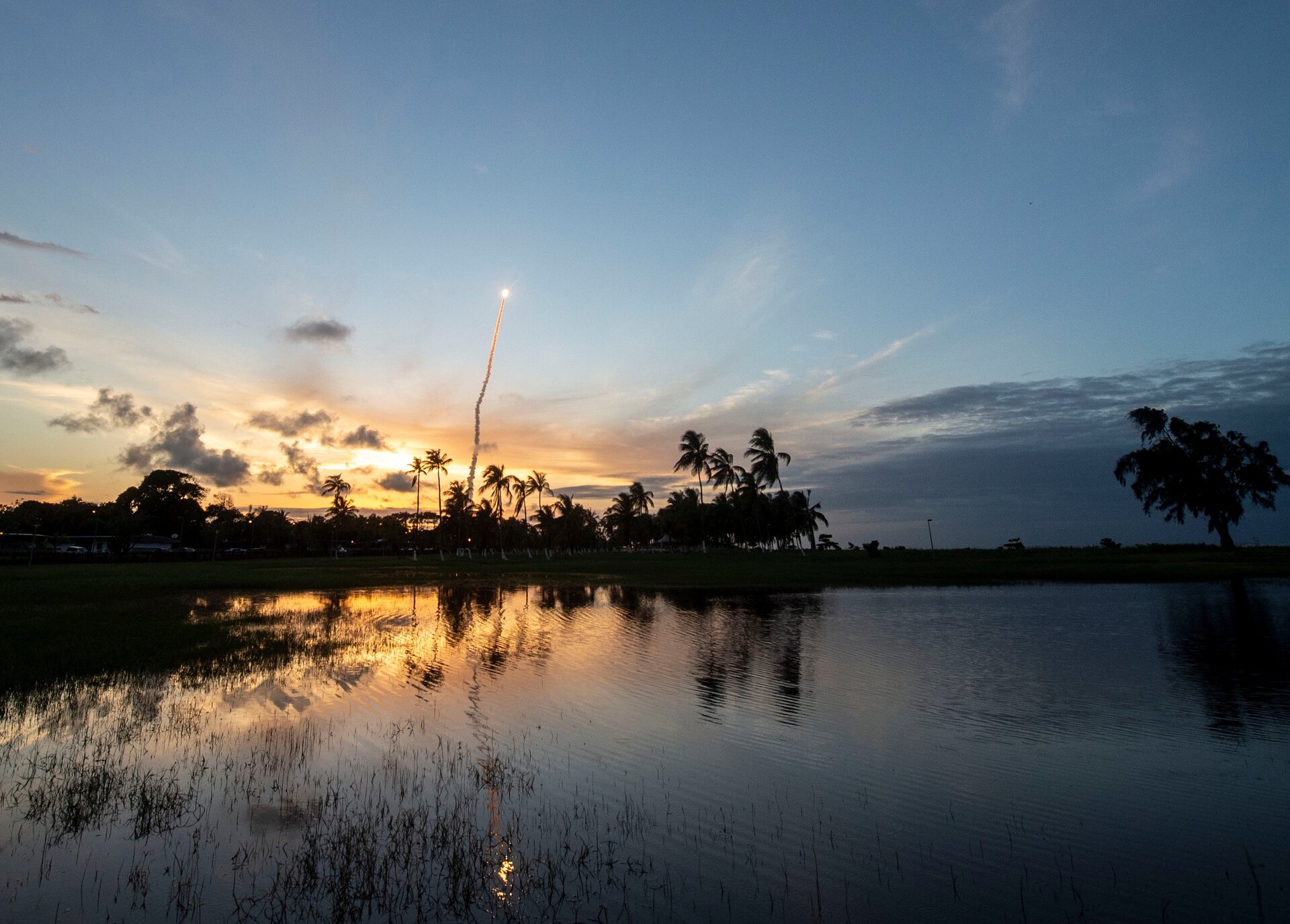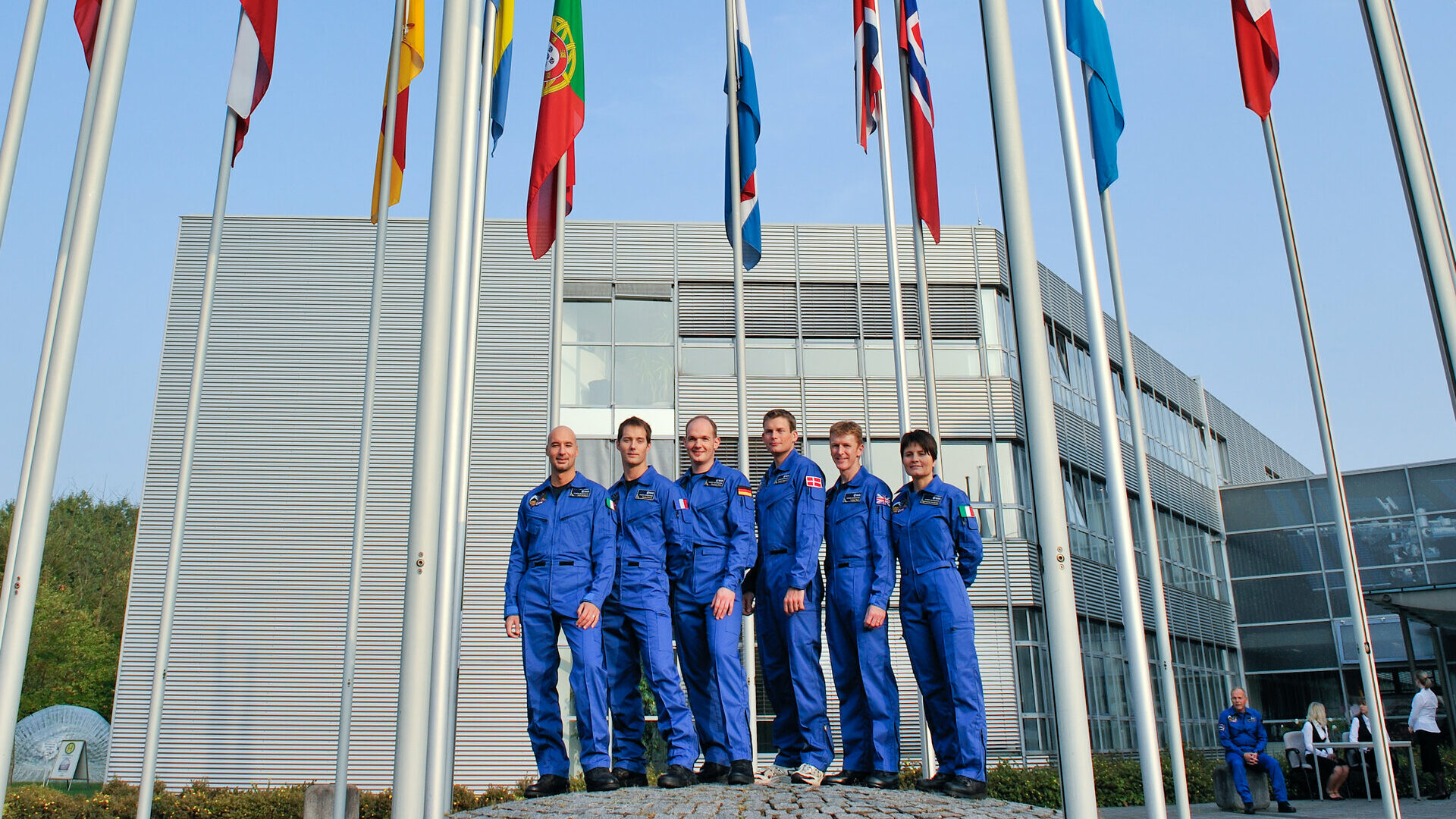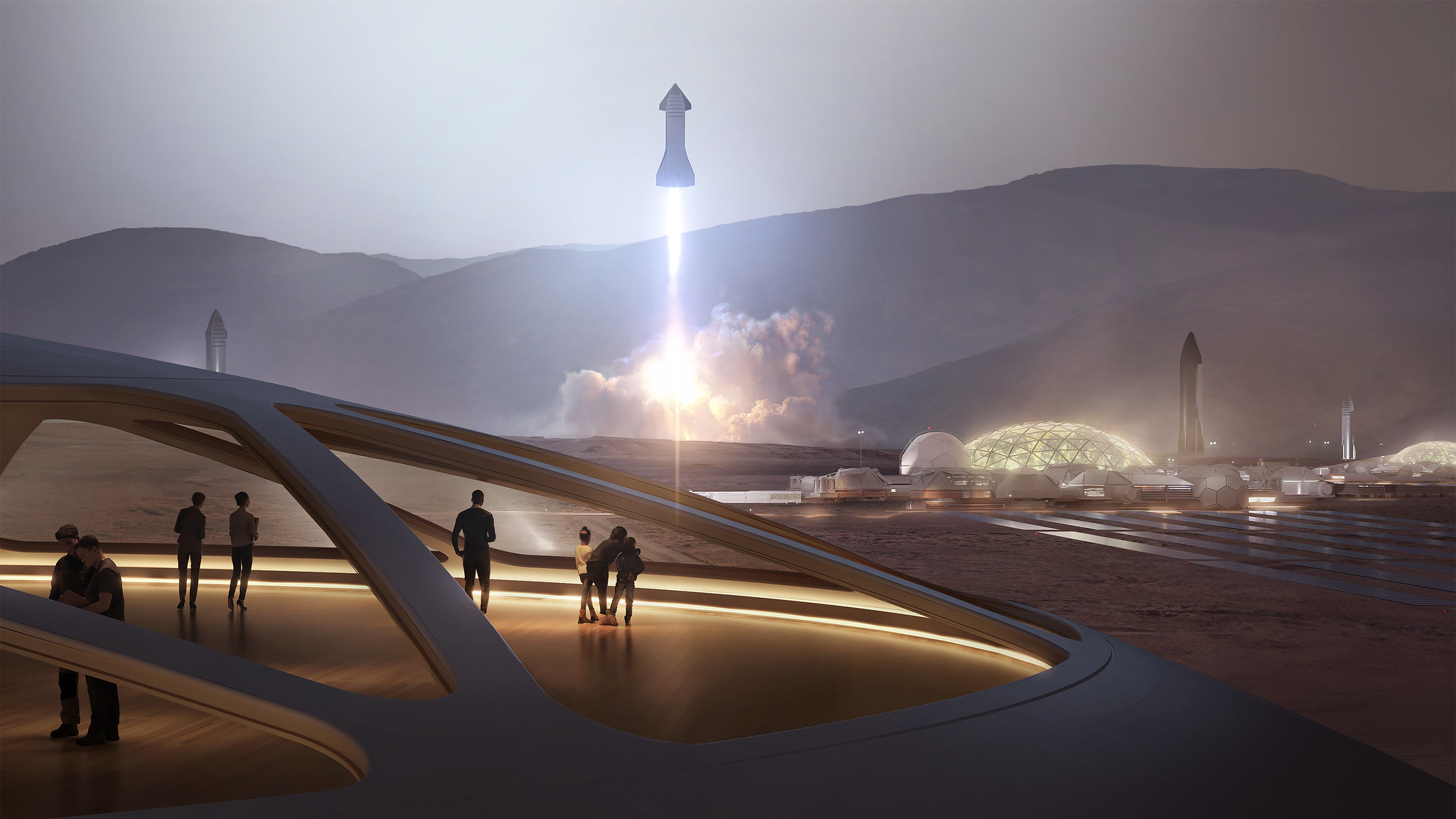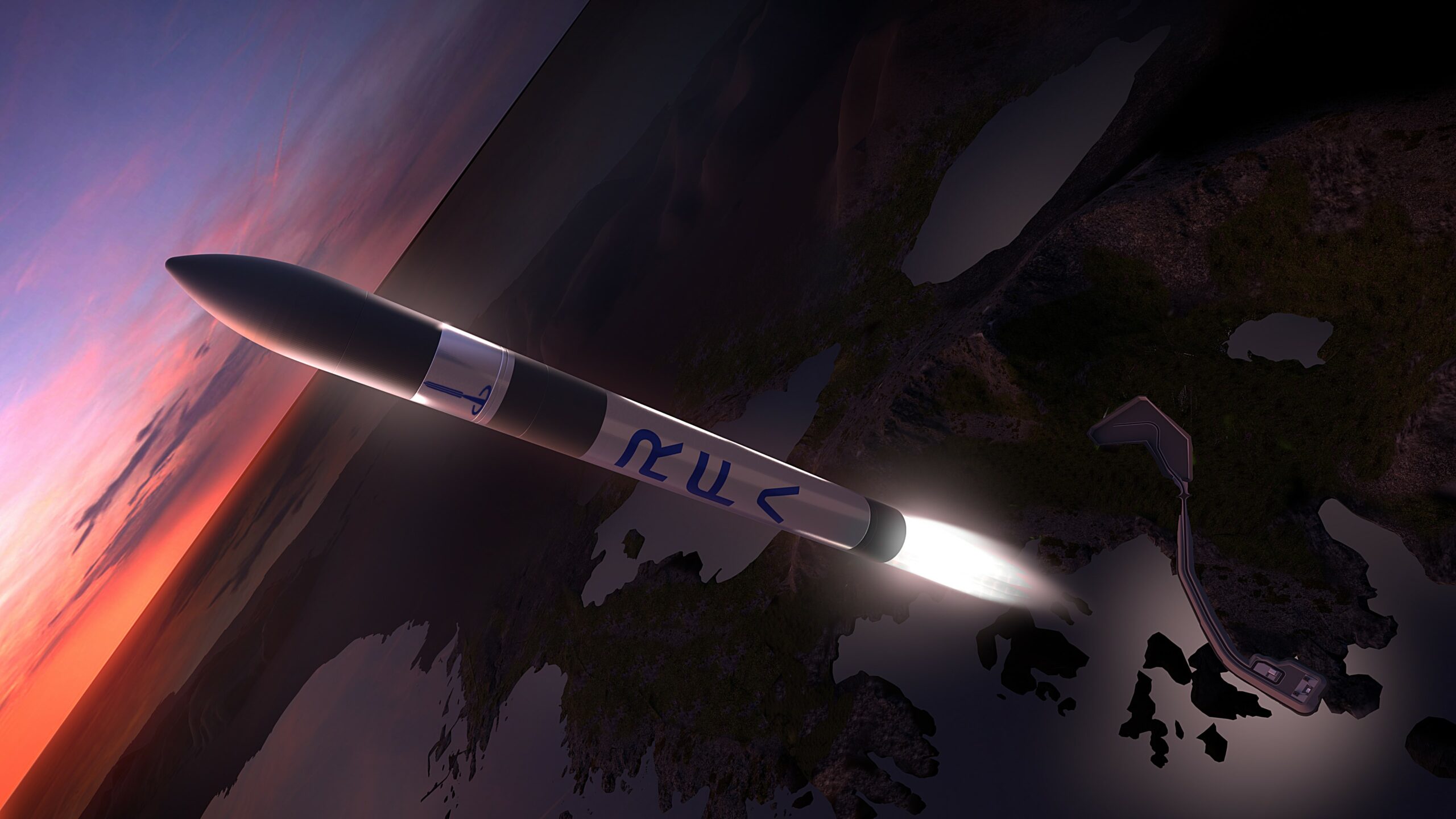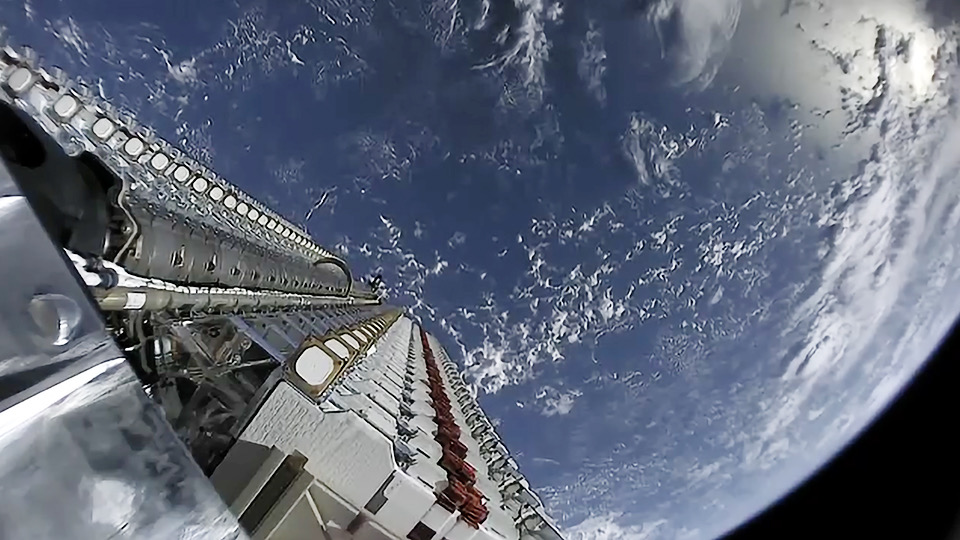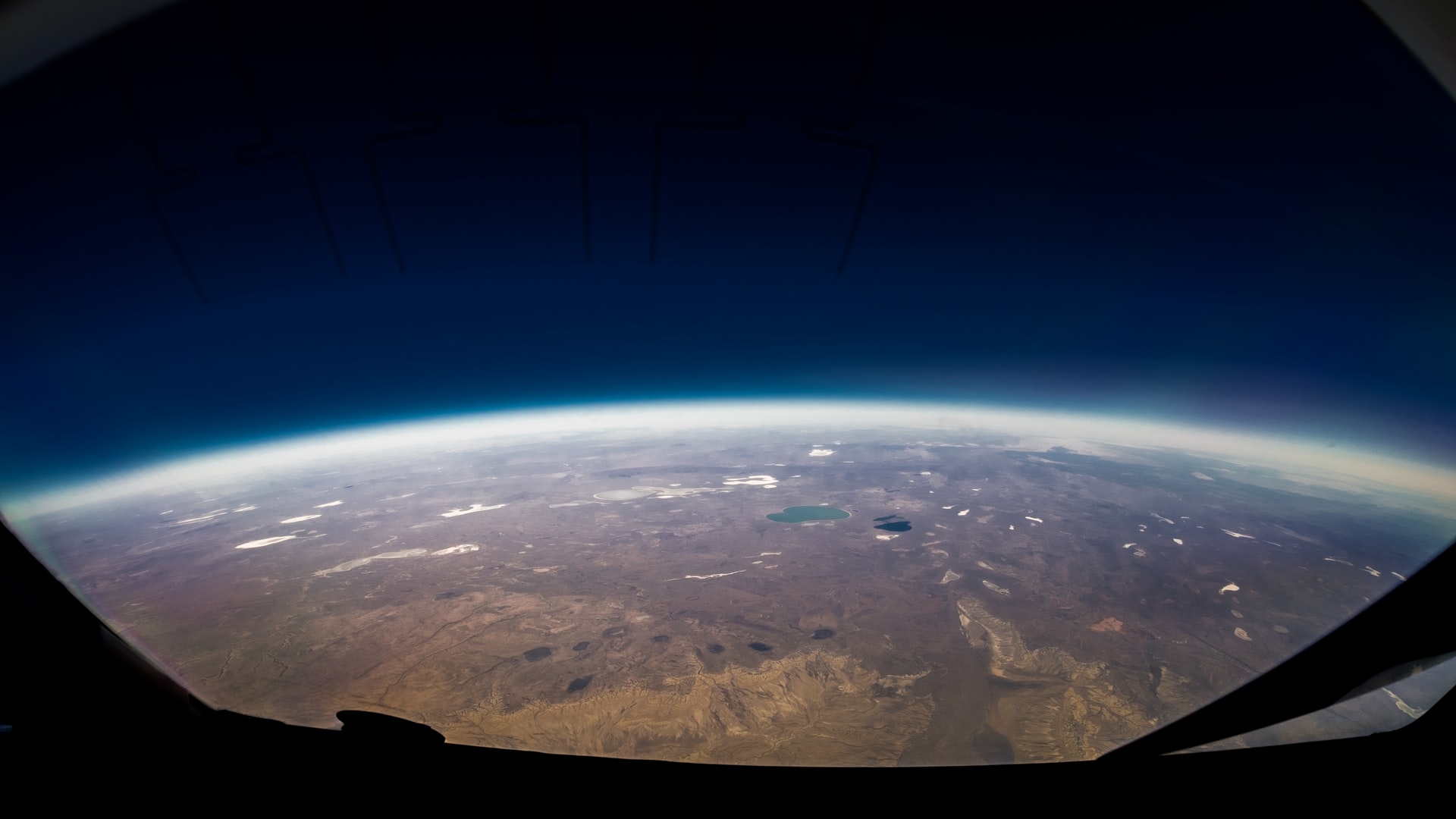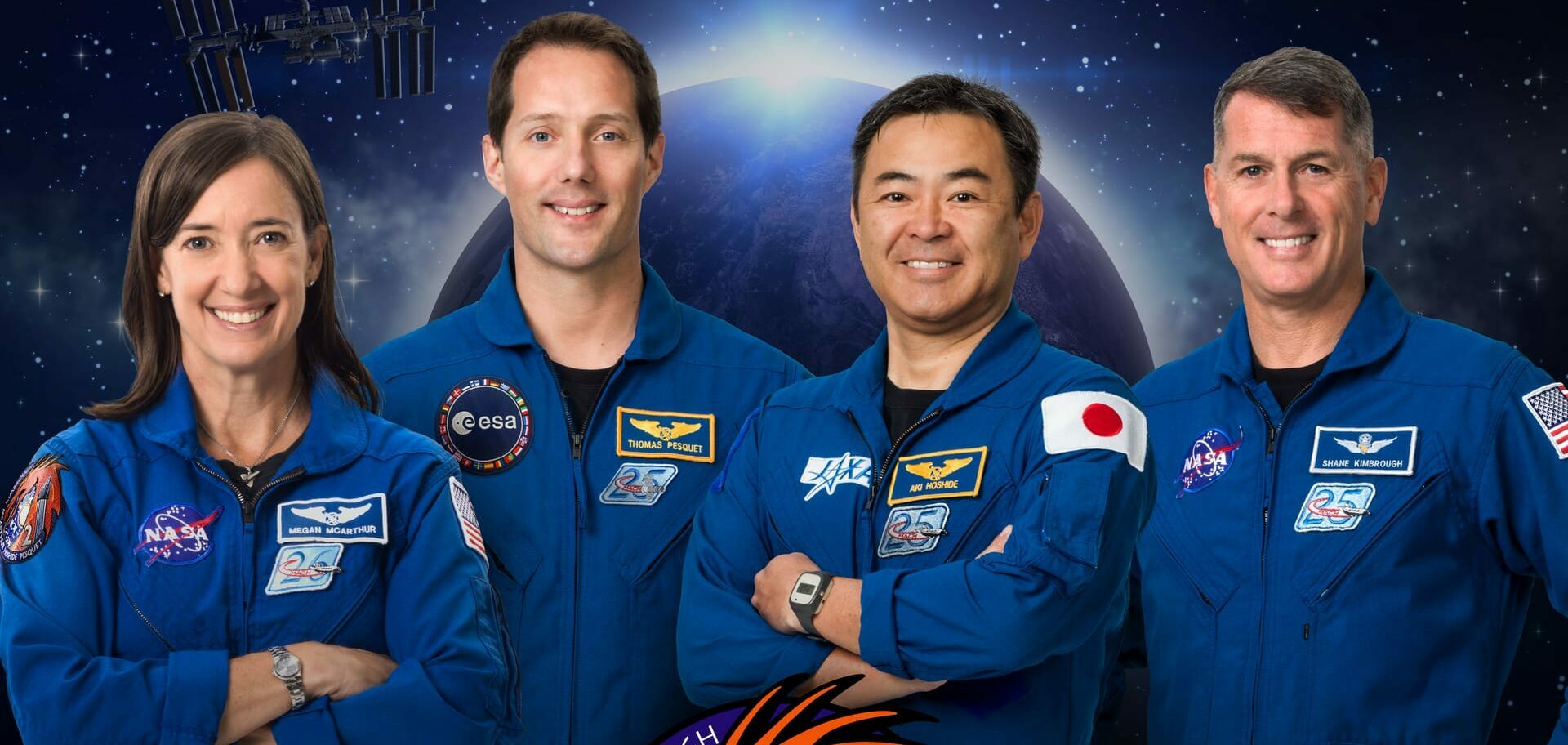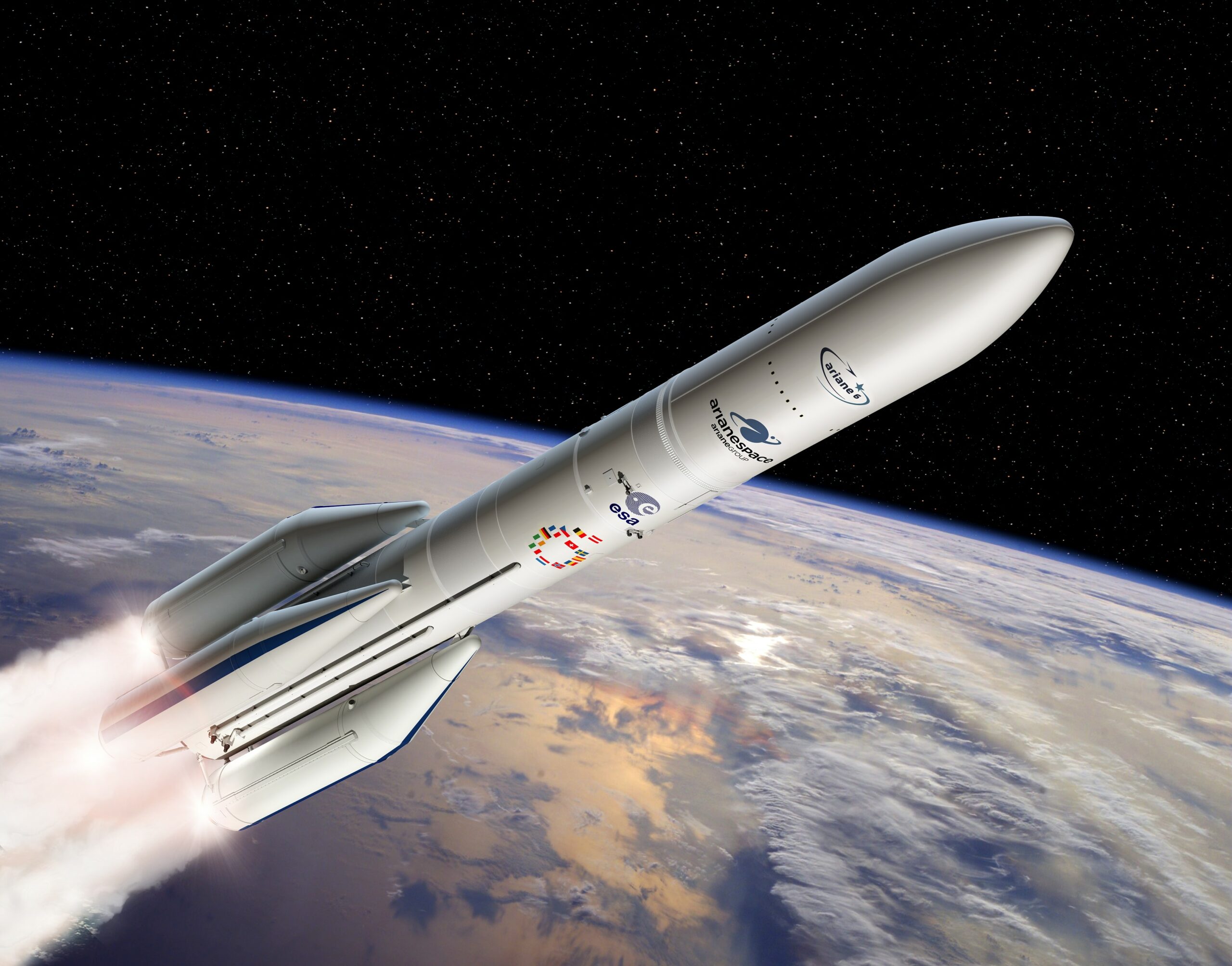
EU invests 9 billion euros in ESA programs
Published on Wed, 23.06.2021 – 11:16 CEST in Financials, covering ESAThe EU and ESA signed a new Financial Framework Agreement (FFPA) on June 22. Over the period 2021 to 2027, ESA will now receive investments of almost nine billion euros from the EU.
"This is a great achievement for ESA, which is recognized for its scientific excellence and technical expertise in developing space systems and ground facilities for the benefit of European citizens," said ESA Director General Josef Aschbacher.
The funding will enable ESA to continue and expand its Galileo, Copernicus and EGNOS programs. It will also support new initiatives in secure connectivity, research and development, and commercialization of European space. The planned programs will also include new funding opportunities for companies.
In particular, the Copernicus Earth observation program is to be further expanded through the development and construction of the Sentinel extension missions and the Sentinel missions. The focus is on the continuous provision of the measured data, the monitoring of climate change and the implementation of important EU policies, such as the Green Deal. The aim is to combat climate change, monitor the development of biodiversity and provide support in the area of disaster relief.
Galileo, the EU's navigation satellite system with more than two billion users, is to receive a new generation that will increase the precision of the data and the flexibility of the system.
In addition, ESA has been awarded the contract to prepare and design the future GOVSATCOM space segment, which will provide a communications system for EU safety-critical missions, and to validate a prototype for a Quantum Key Distribution satellite. This is intended to enable tap-proof communications for European authorities and companies.
The agreement also defines the individual responsibilities between ESA, the EU space program agency EUSPA and the EU. ESA announced in advance that the agreement would also govern the participation of non-EU European countries such as Switzerland, the United Kingdom and Norway in the space programs.
Also in advance, Aschbacher announced that ESA had received an invitation to participate in the ILRS lunar research station planned by Russia and China. How and whether there will be an ESA participation in the program, however, is currently still open.
